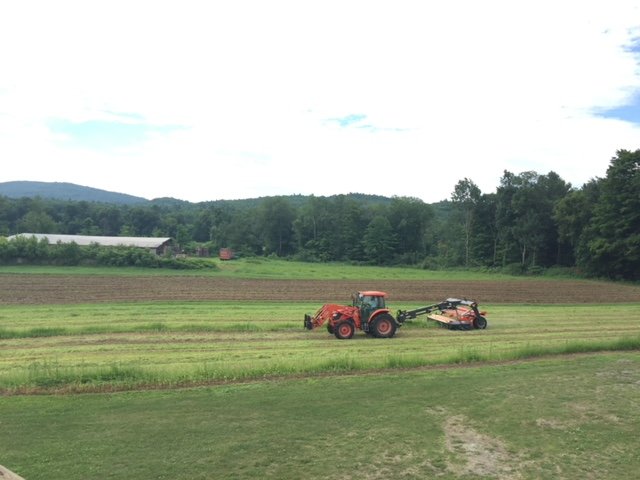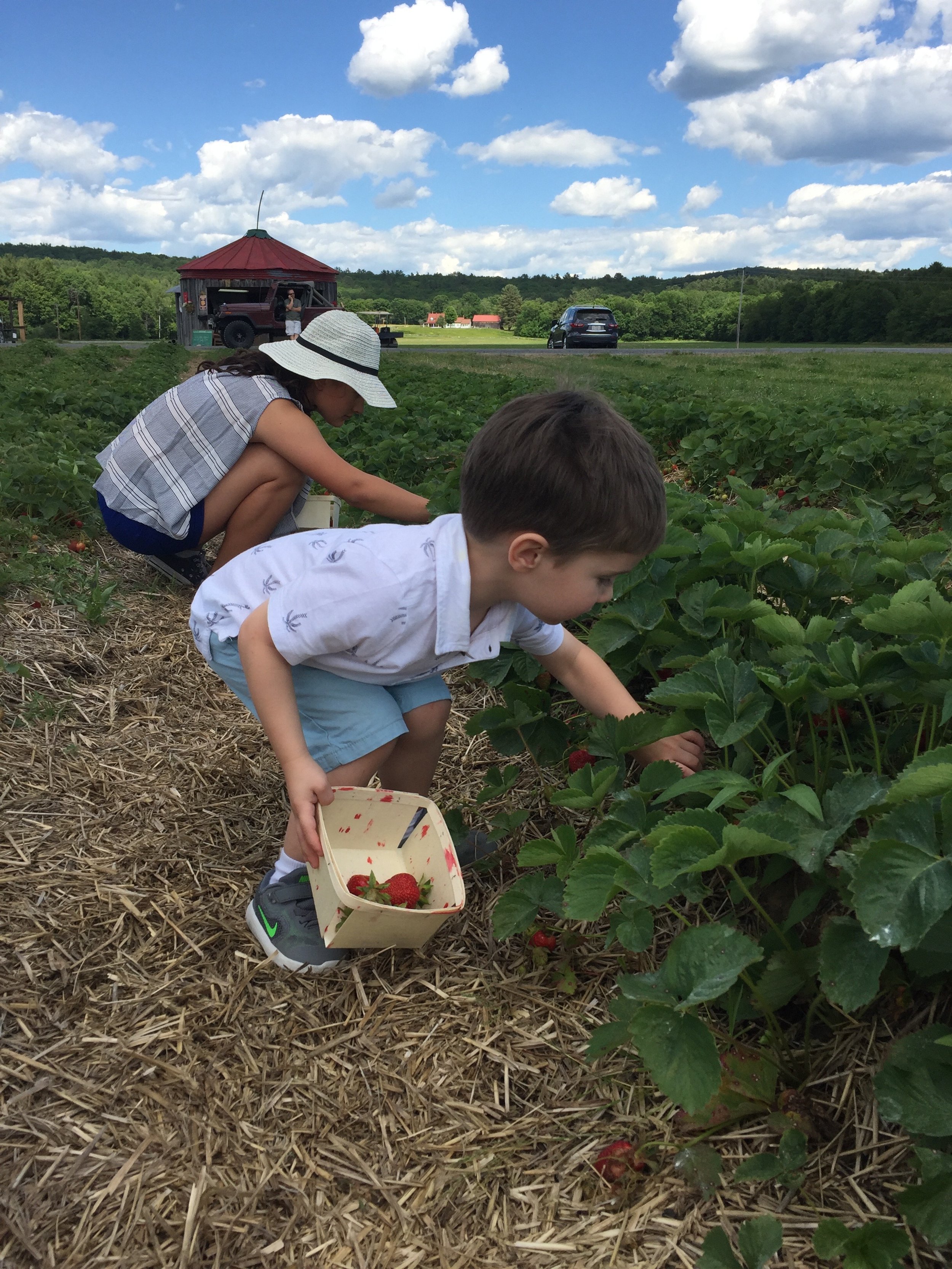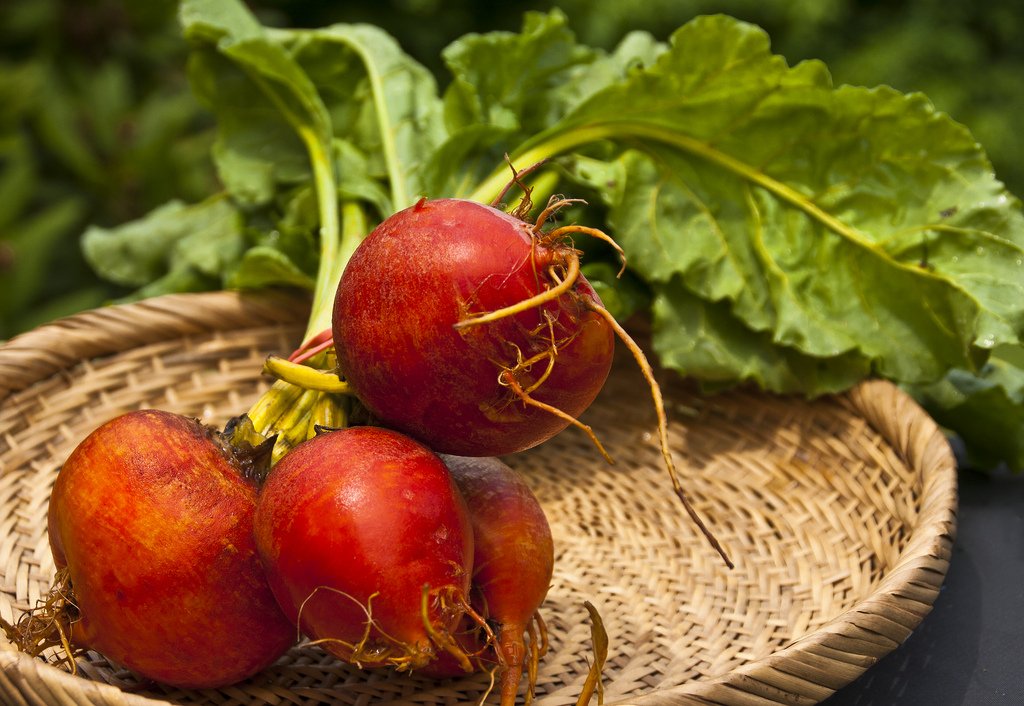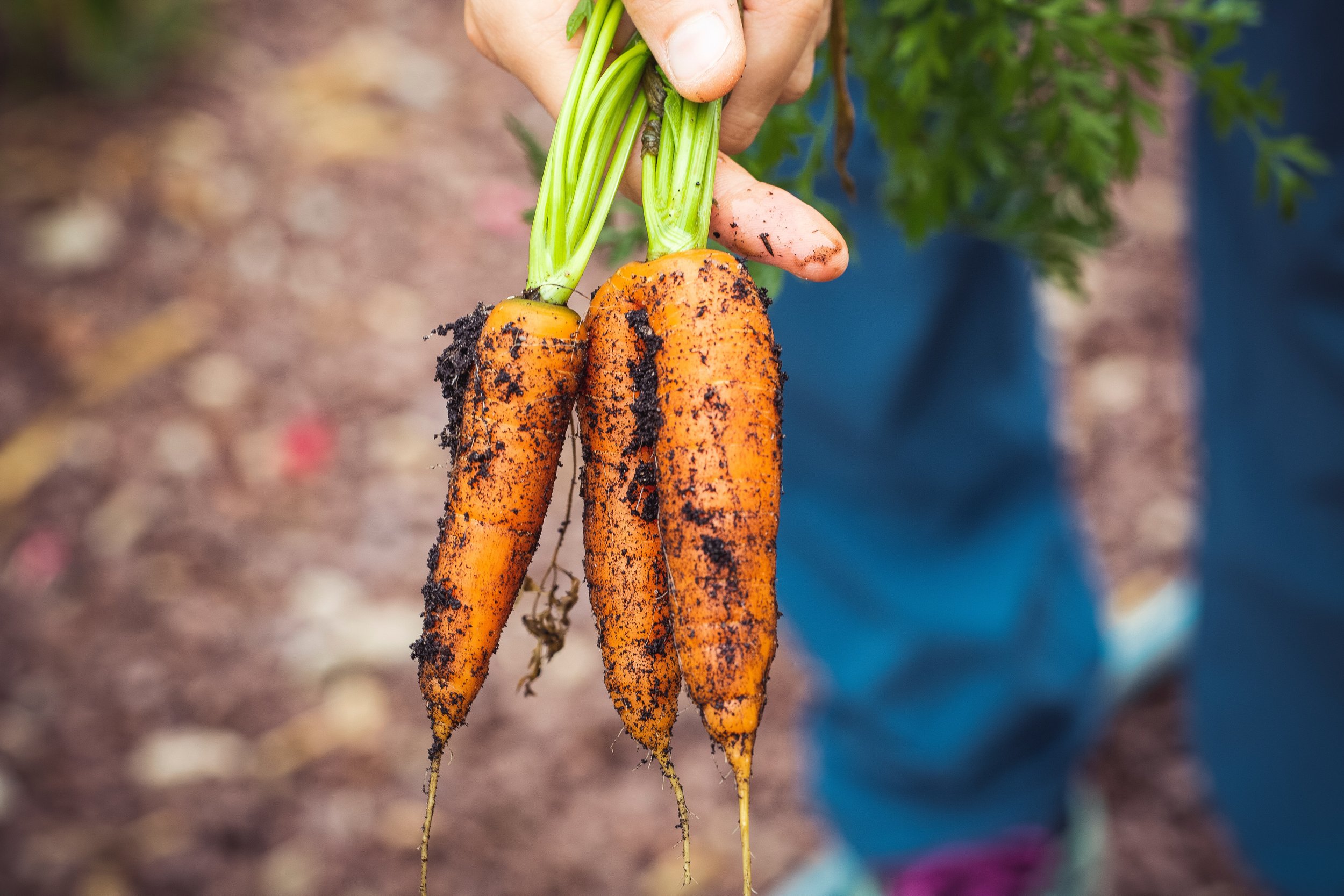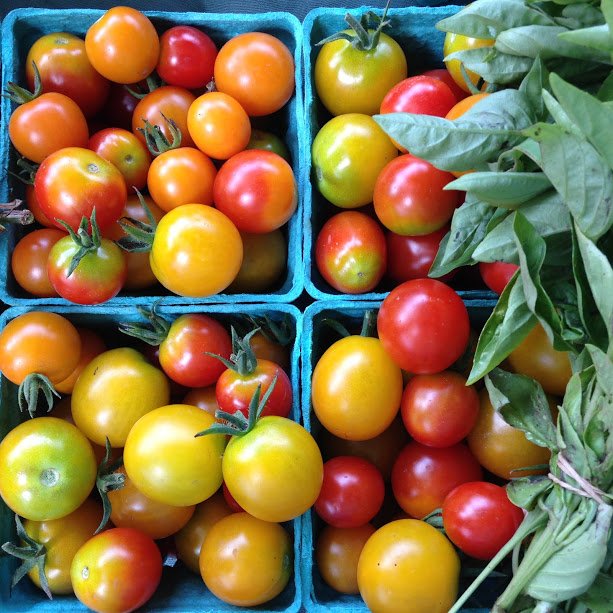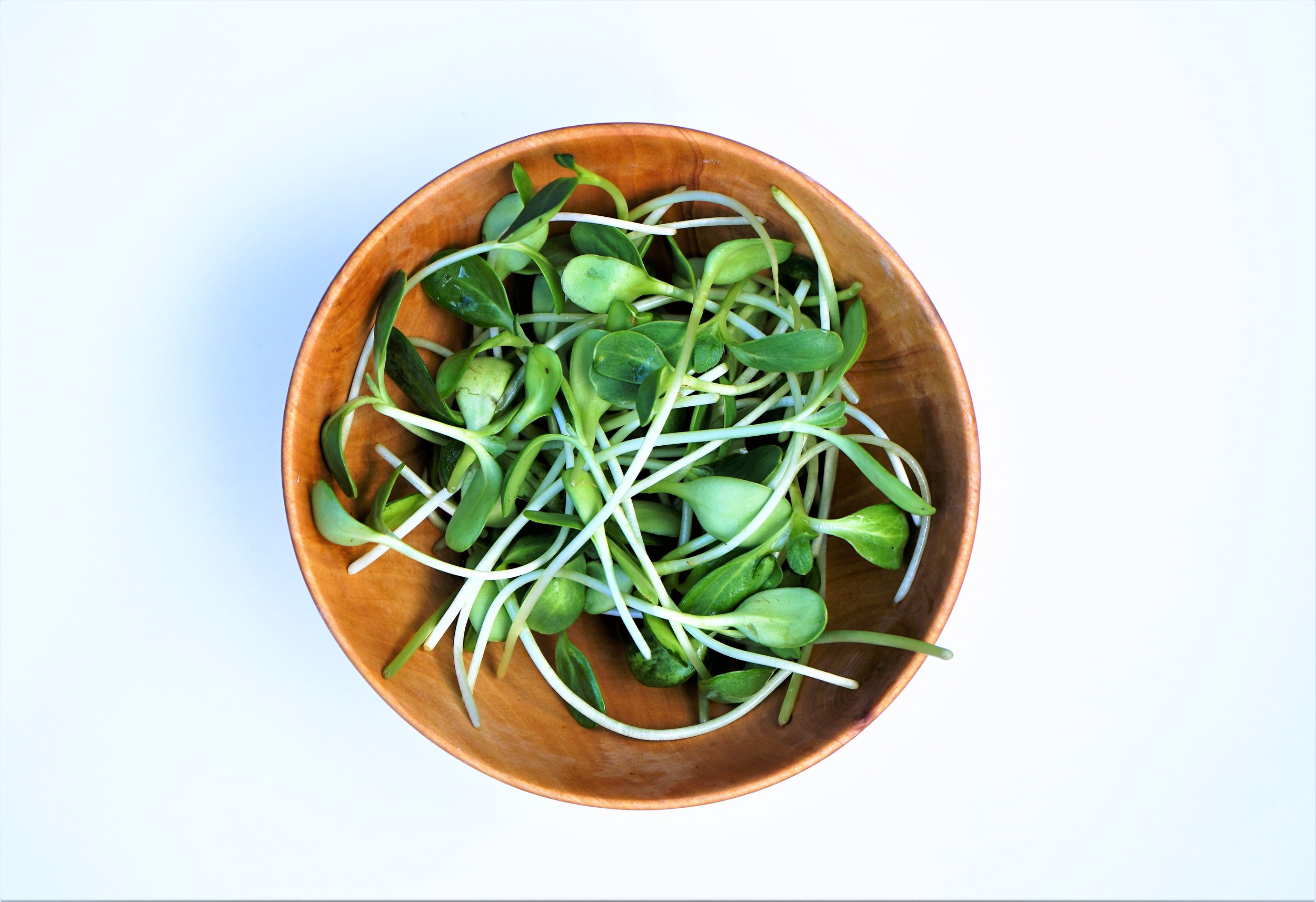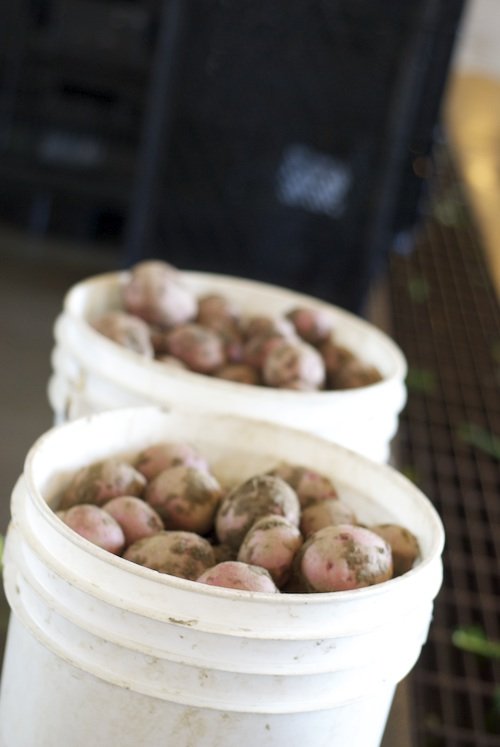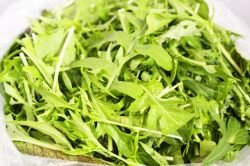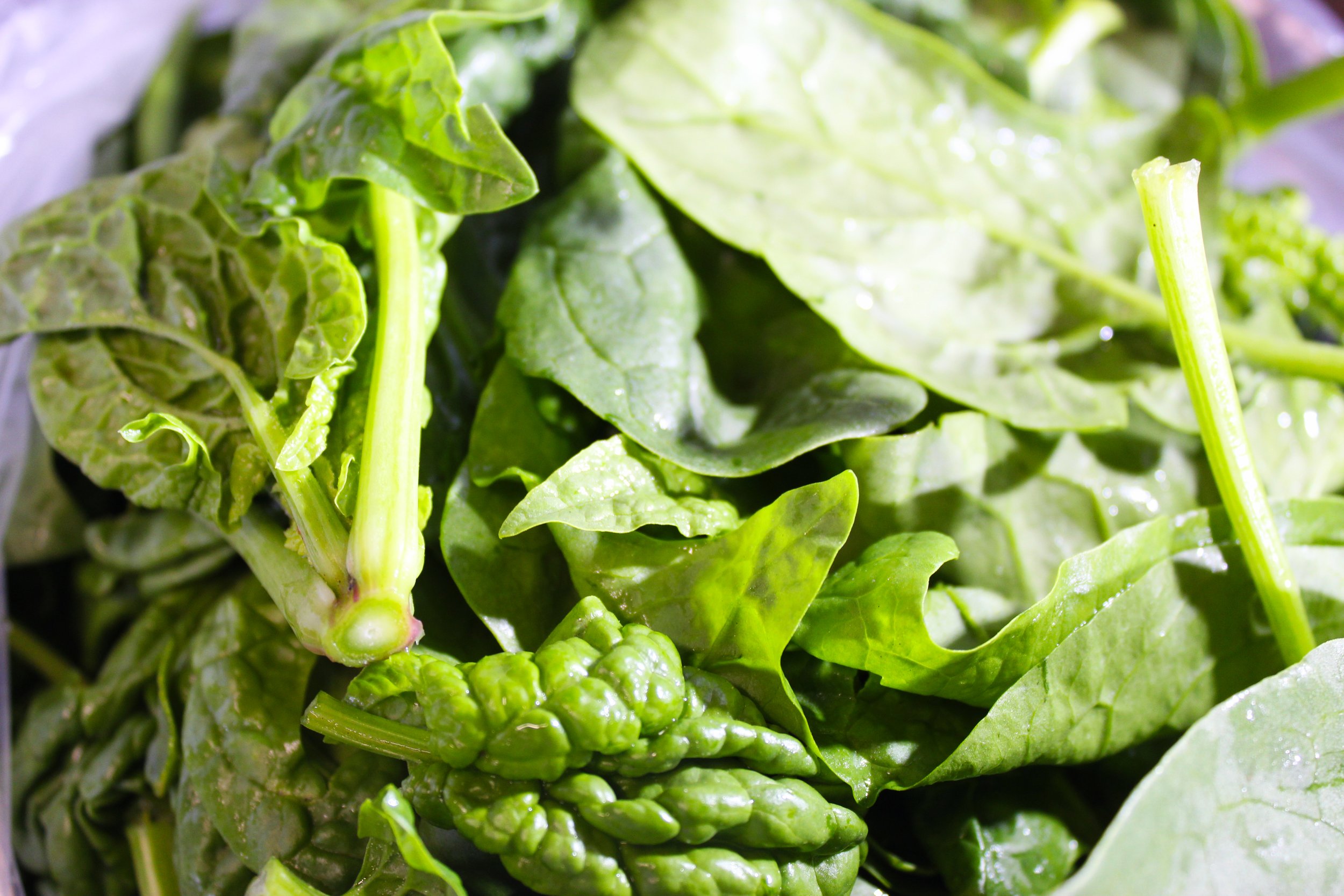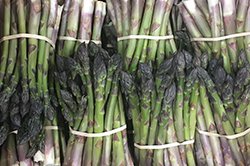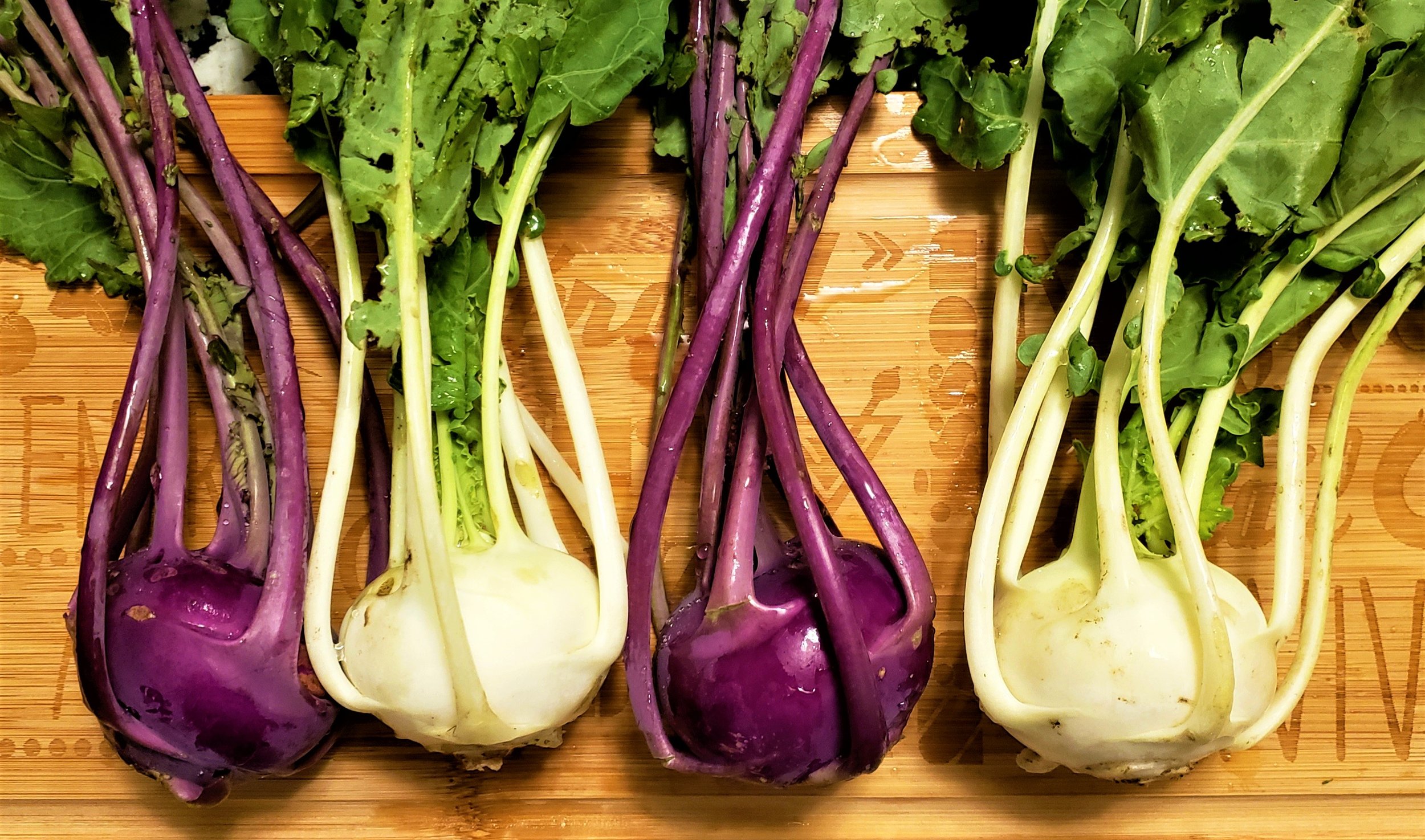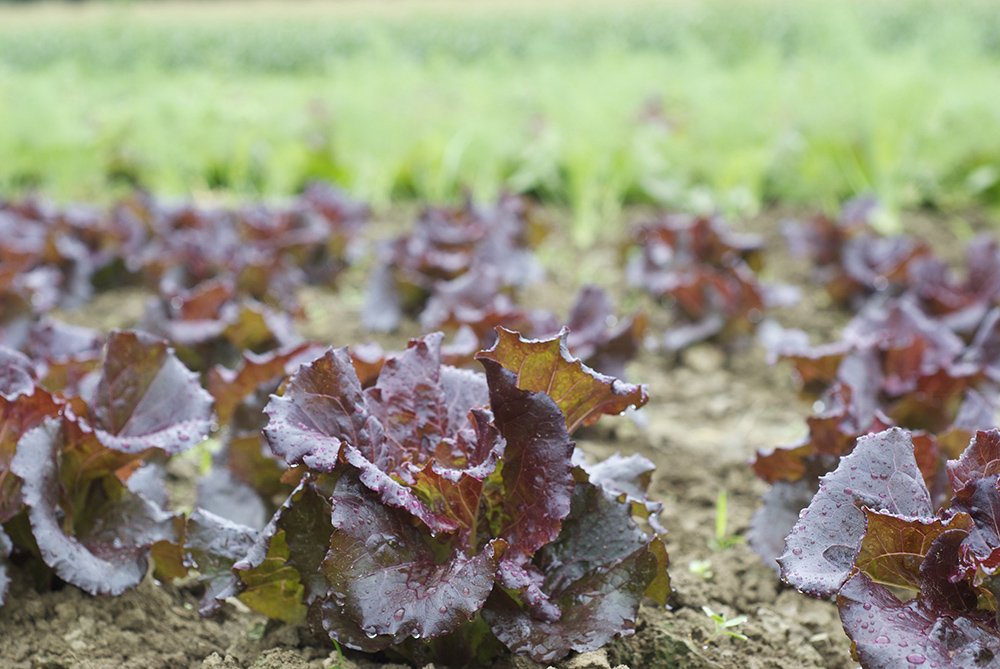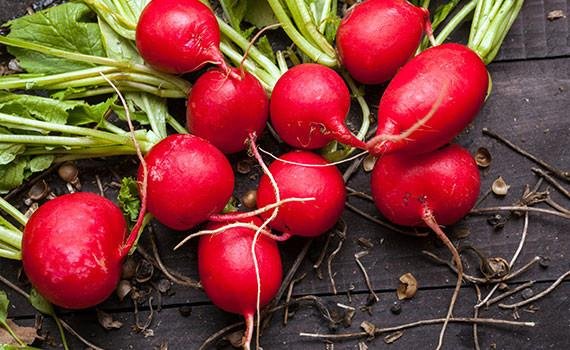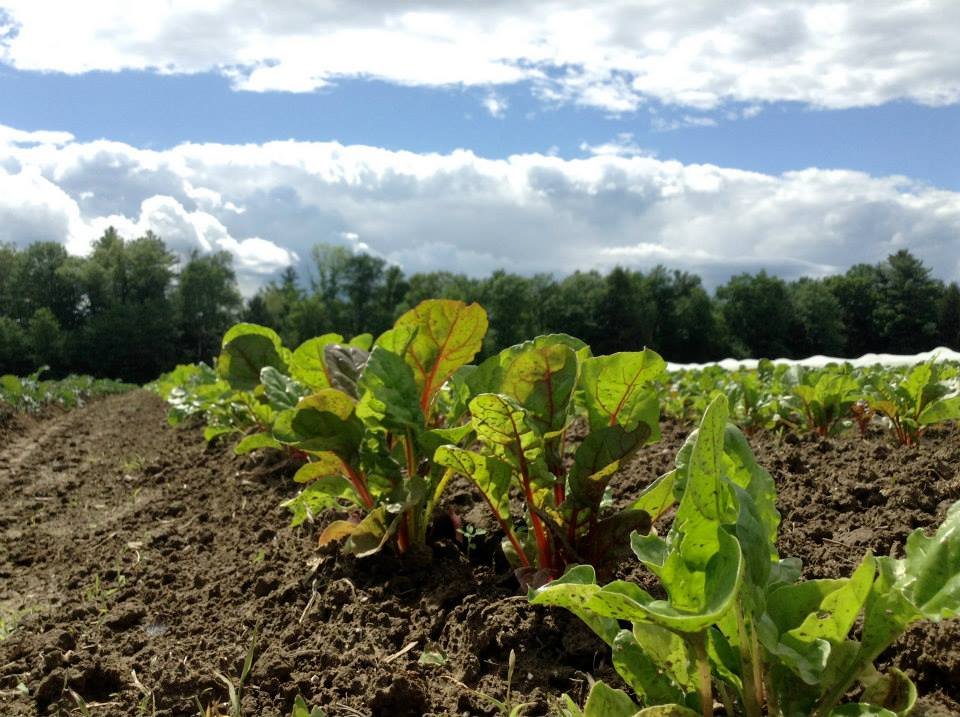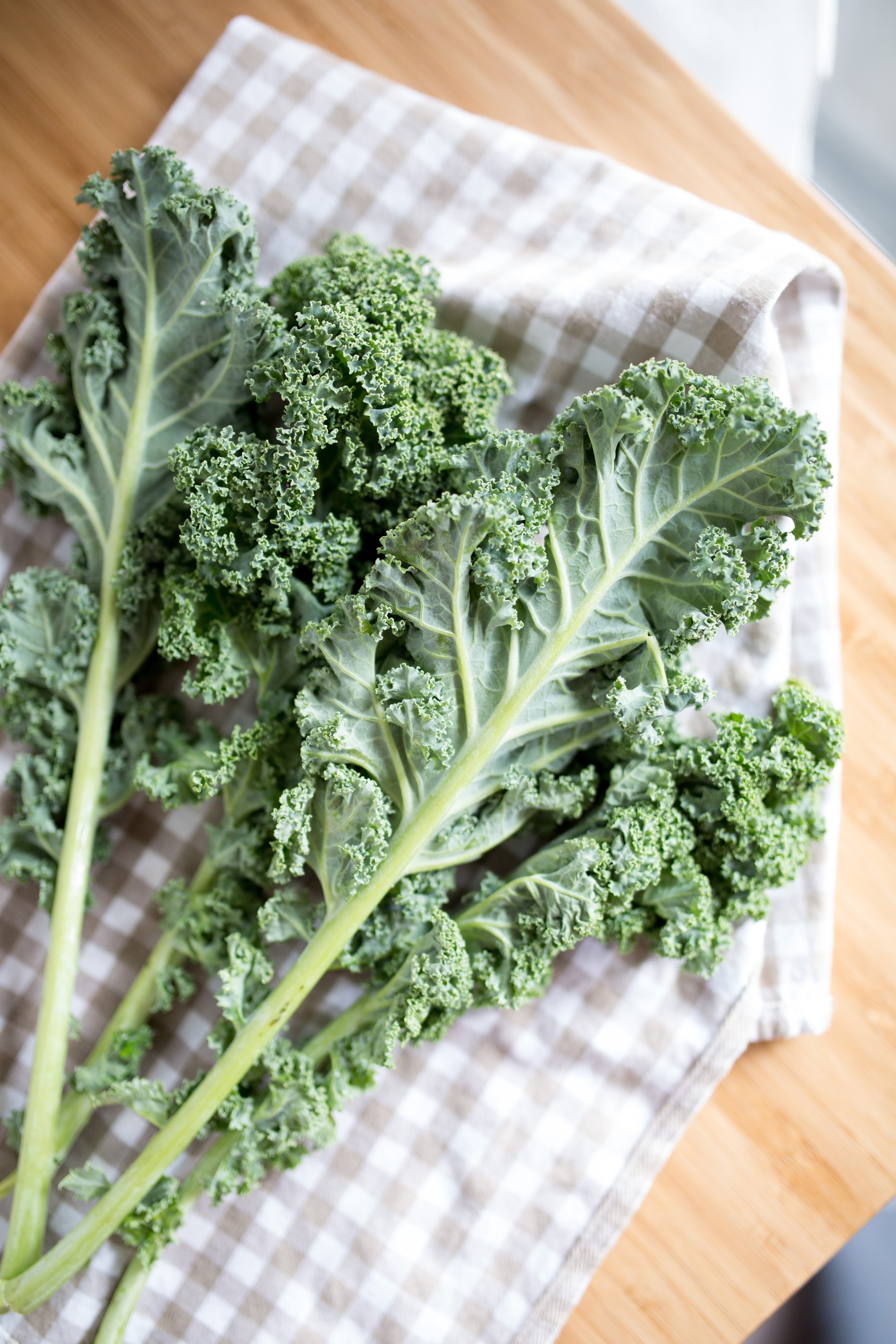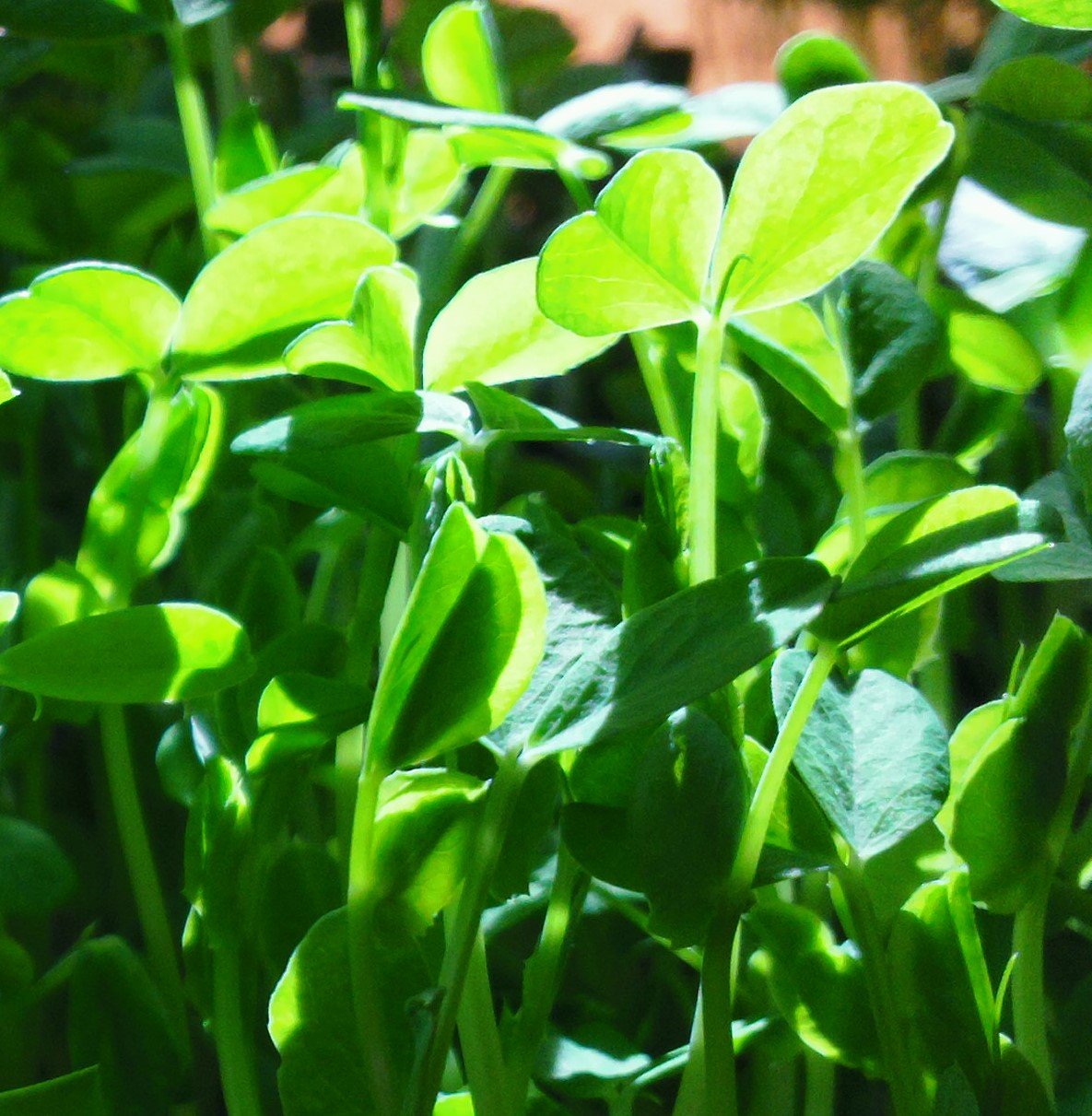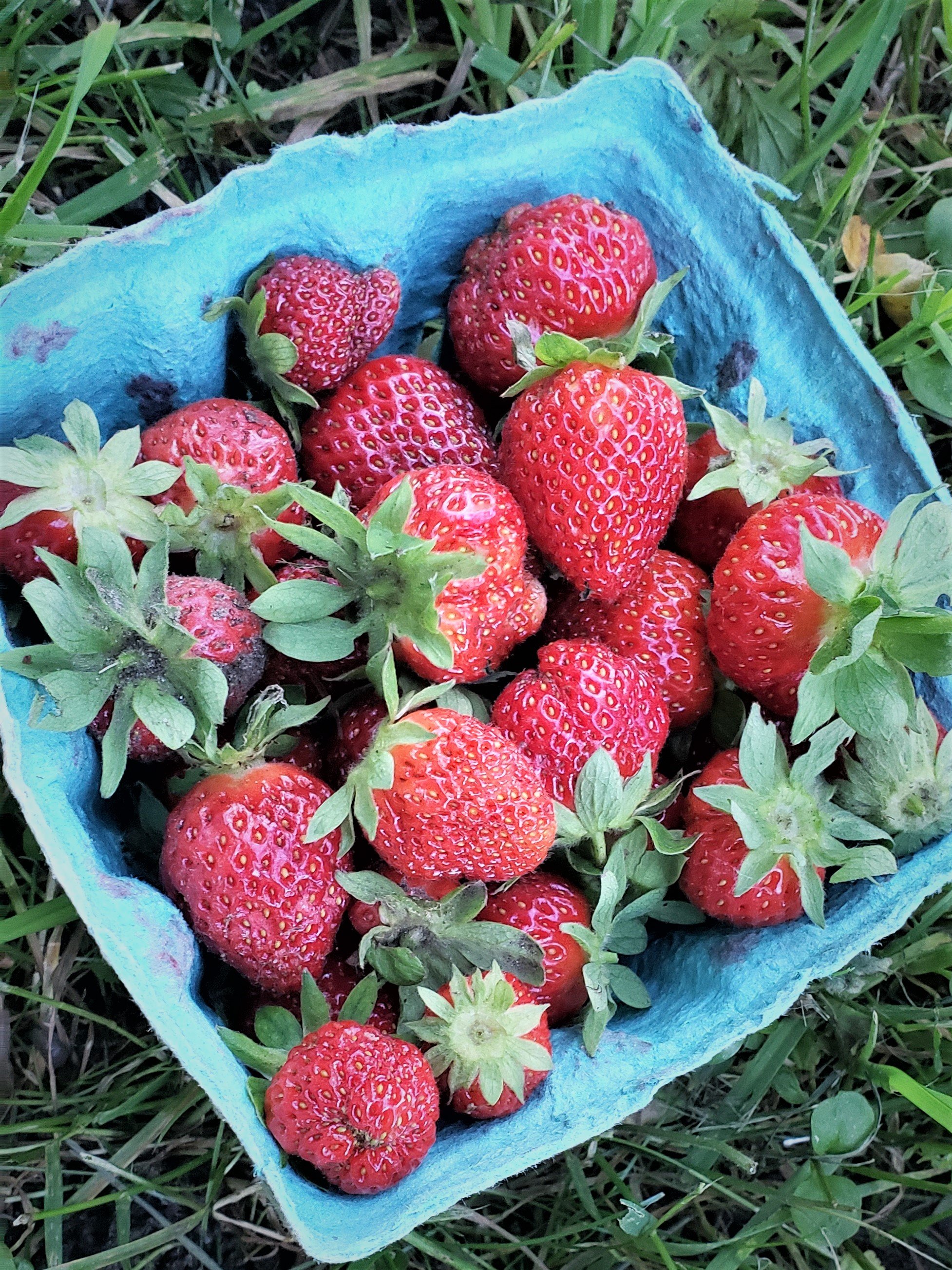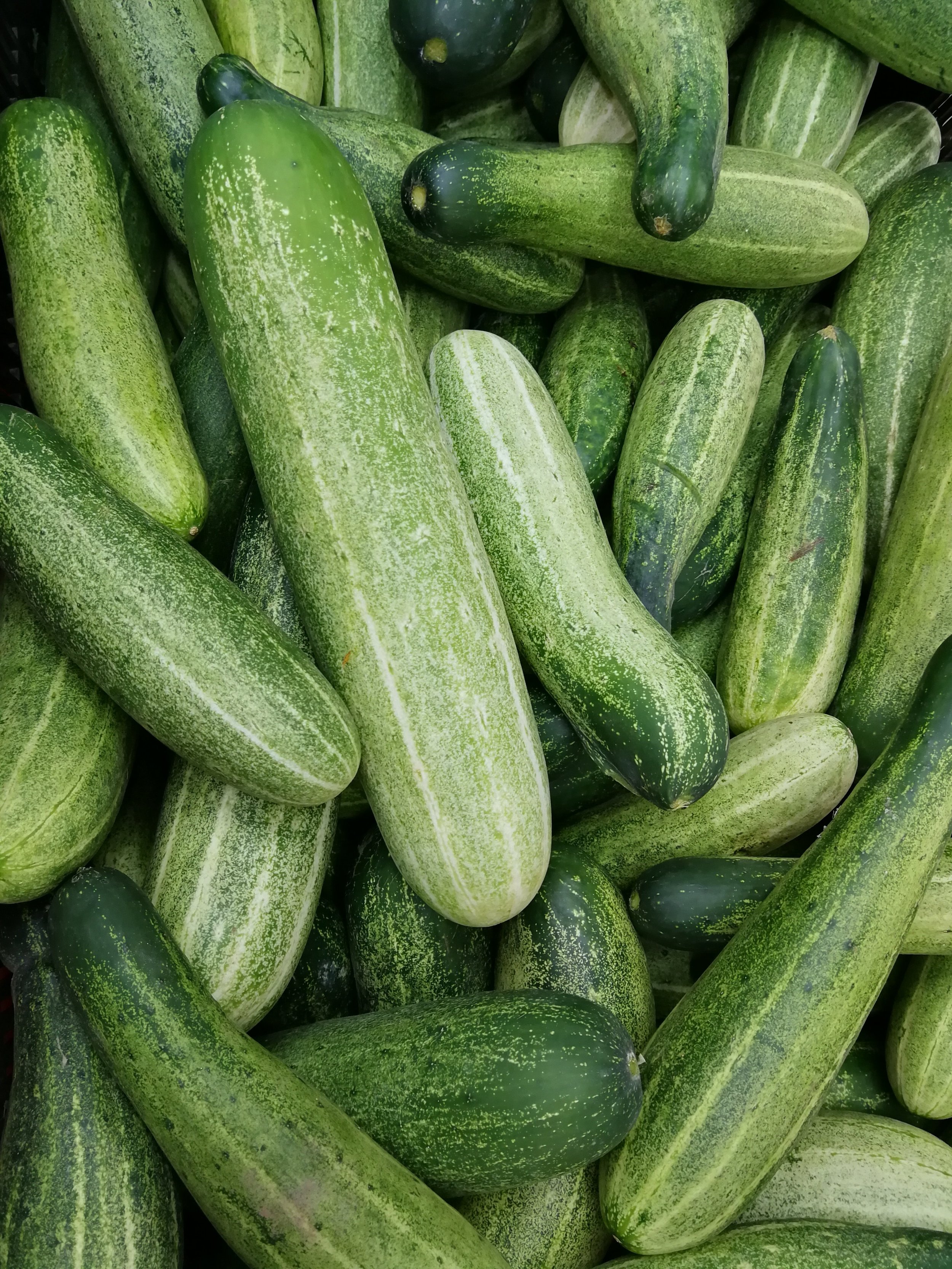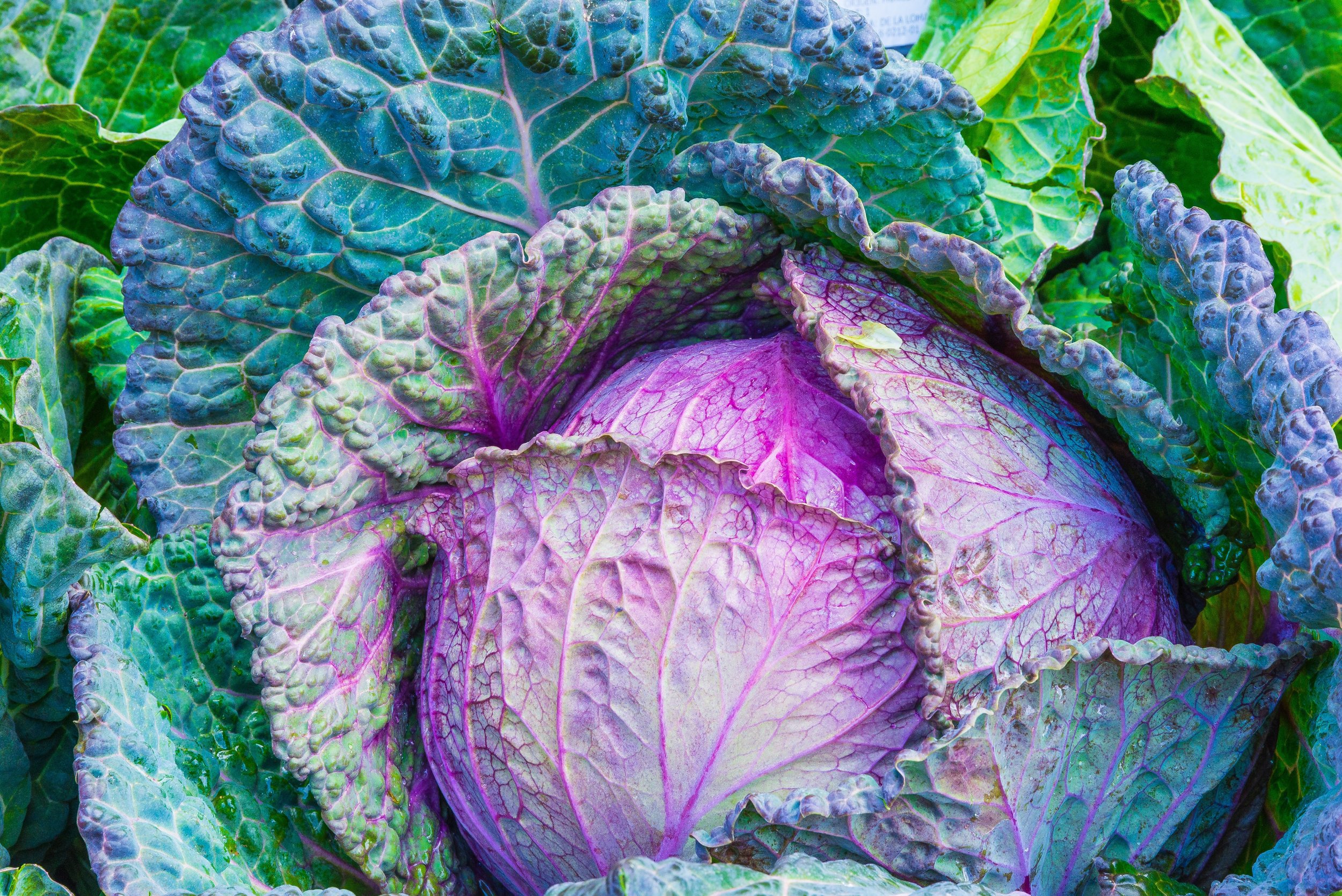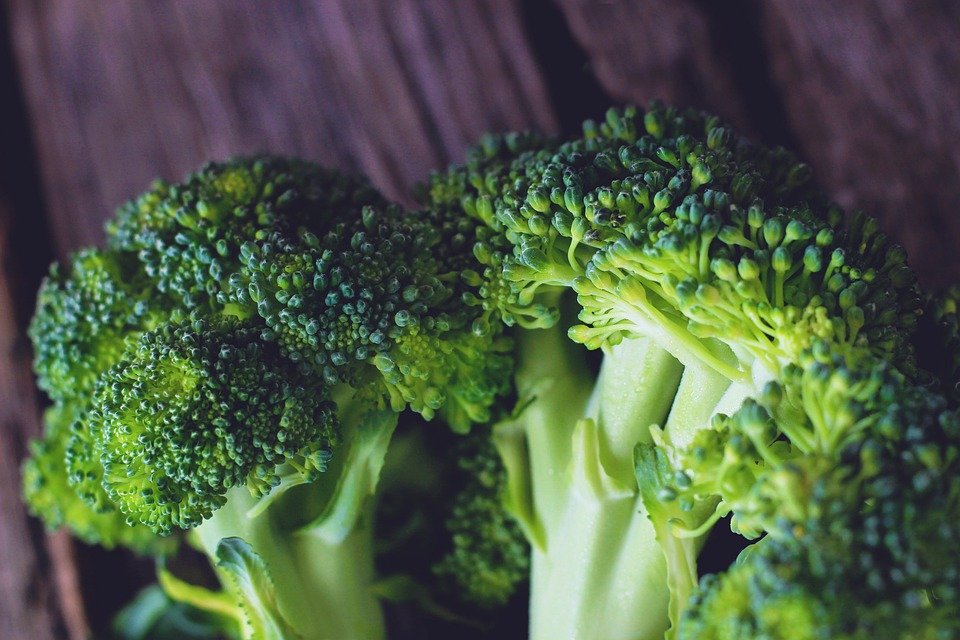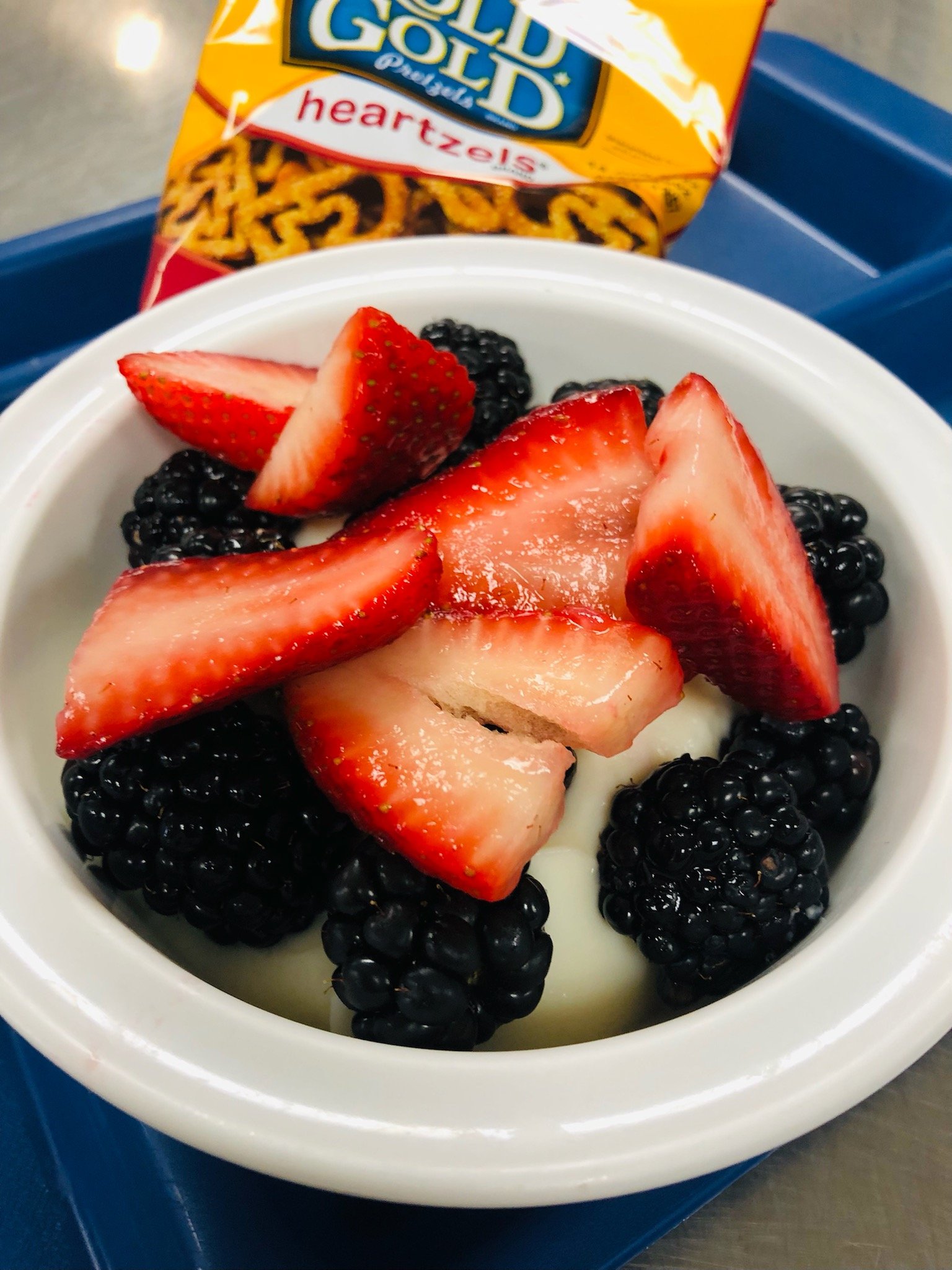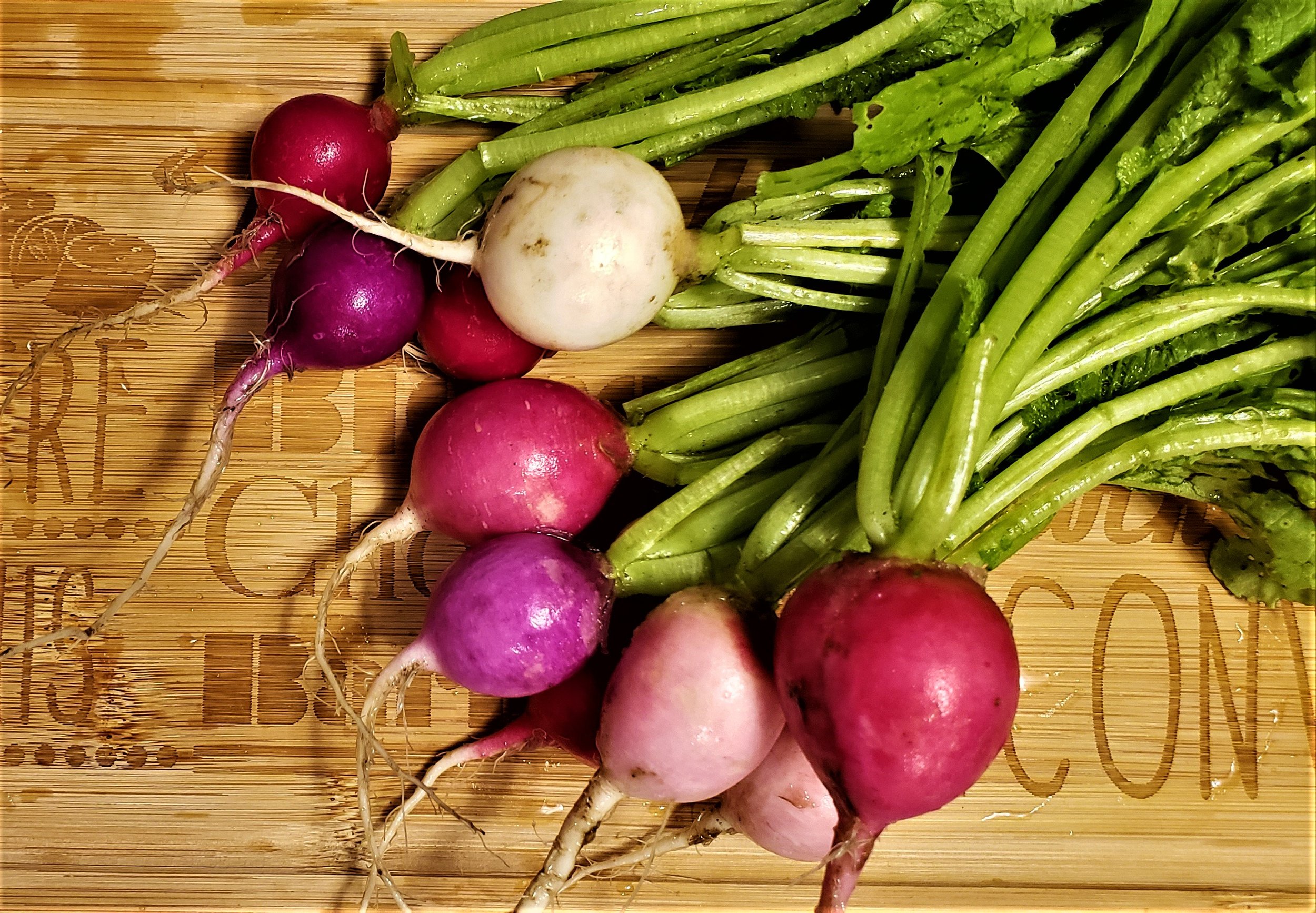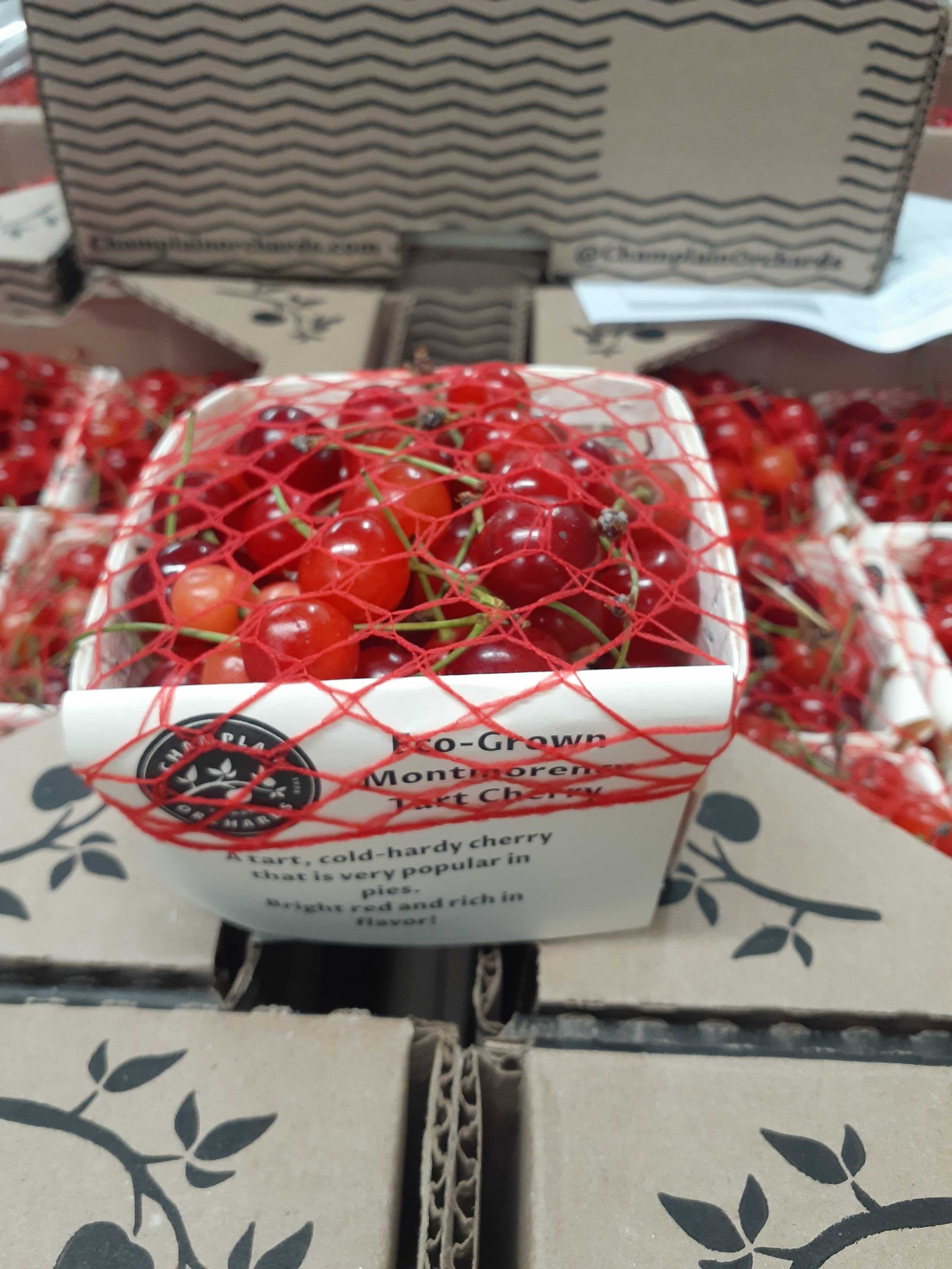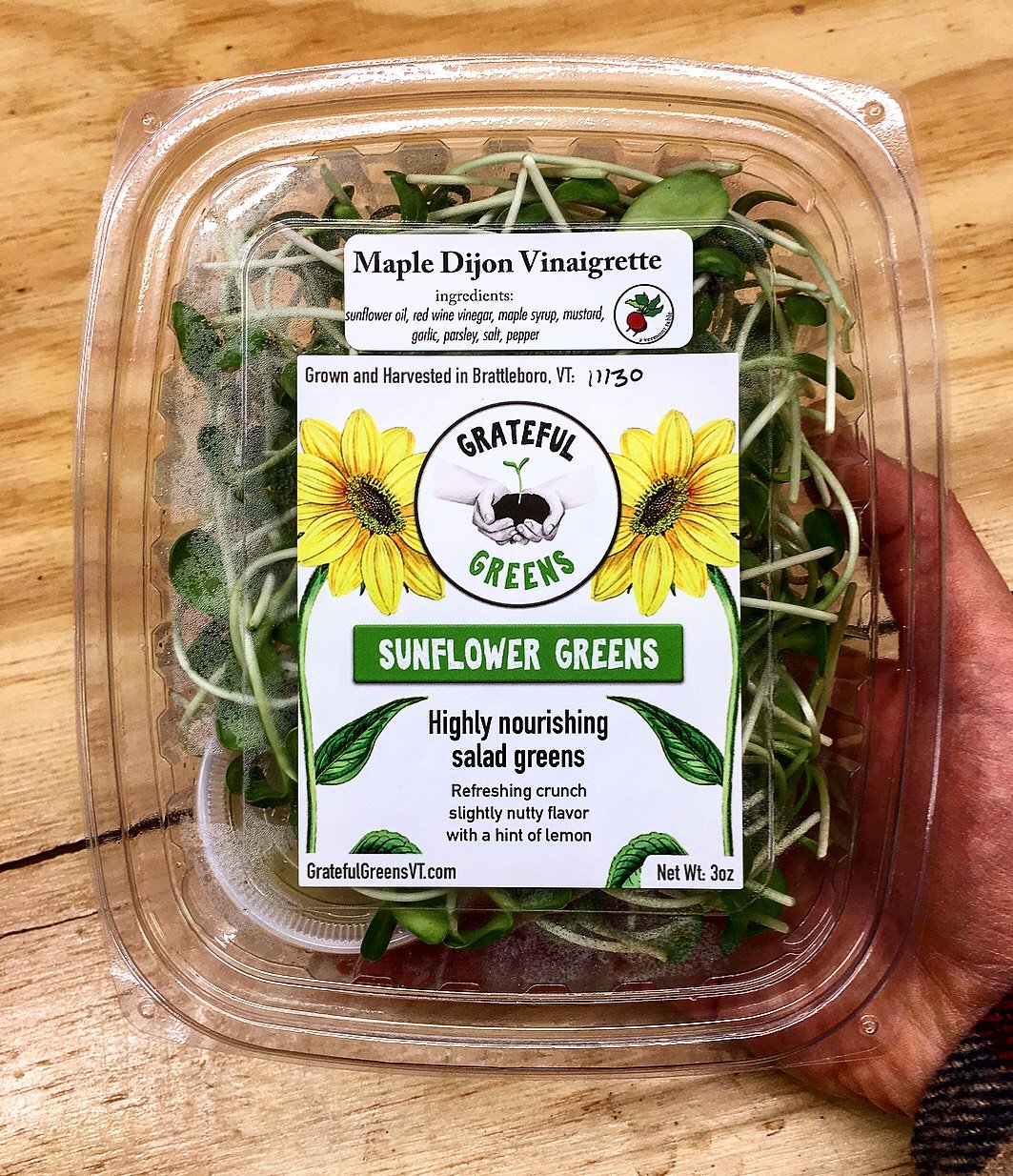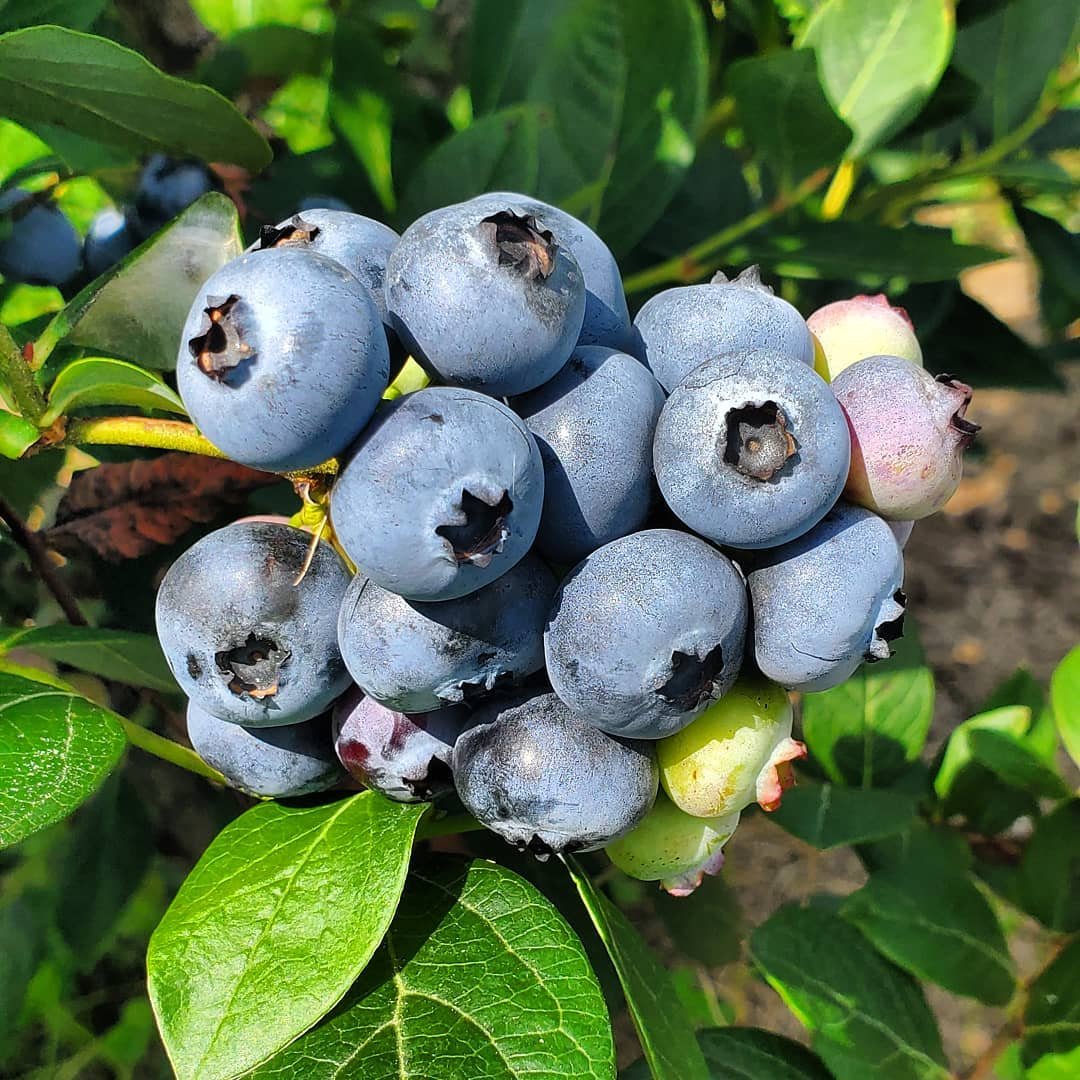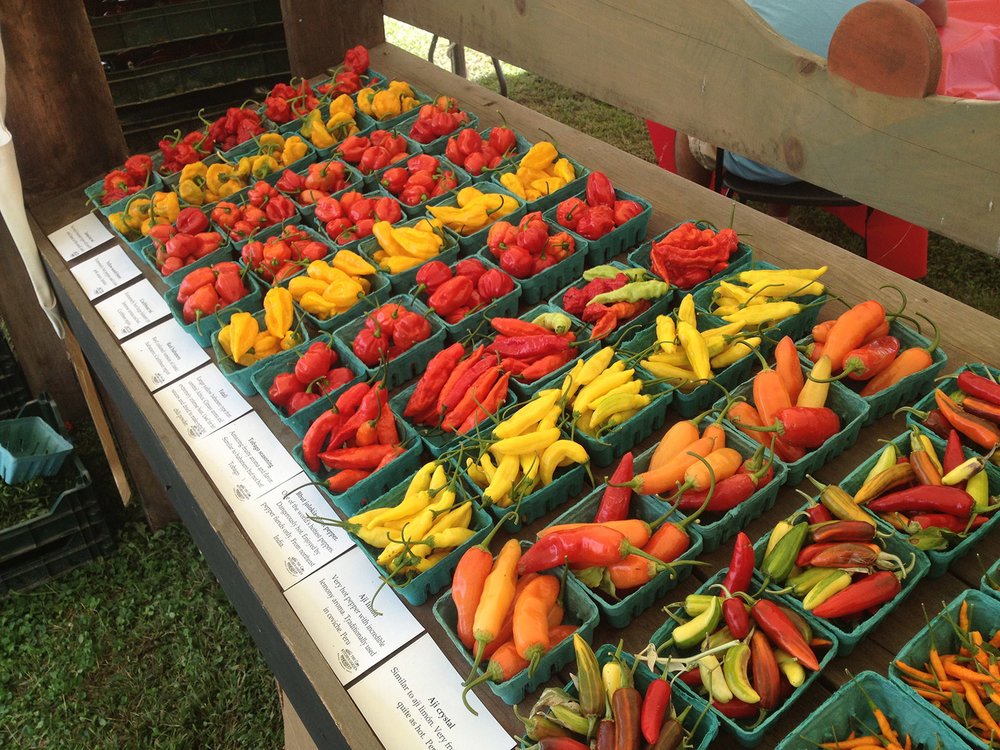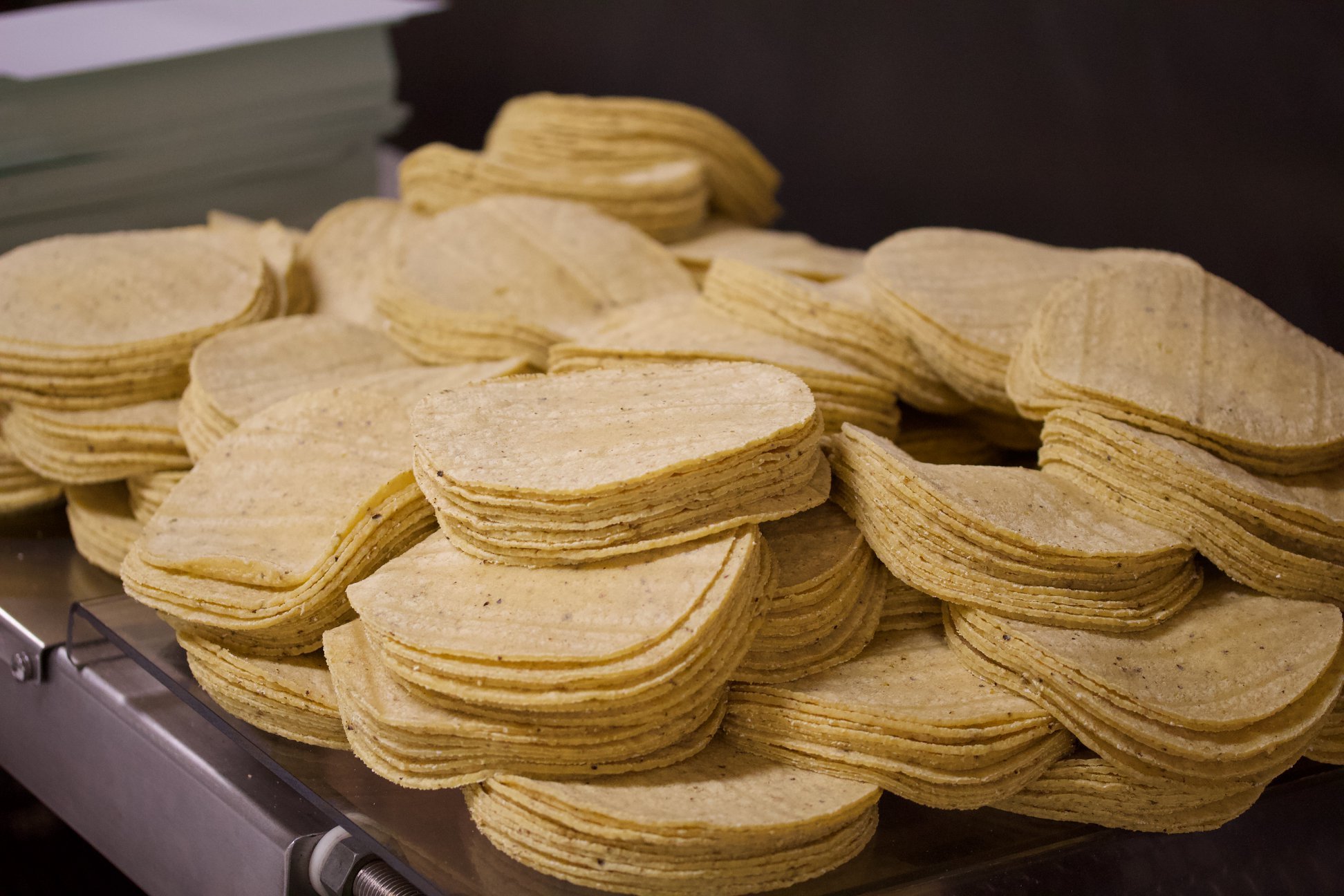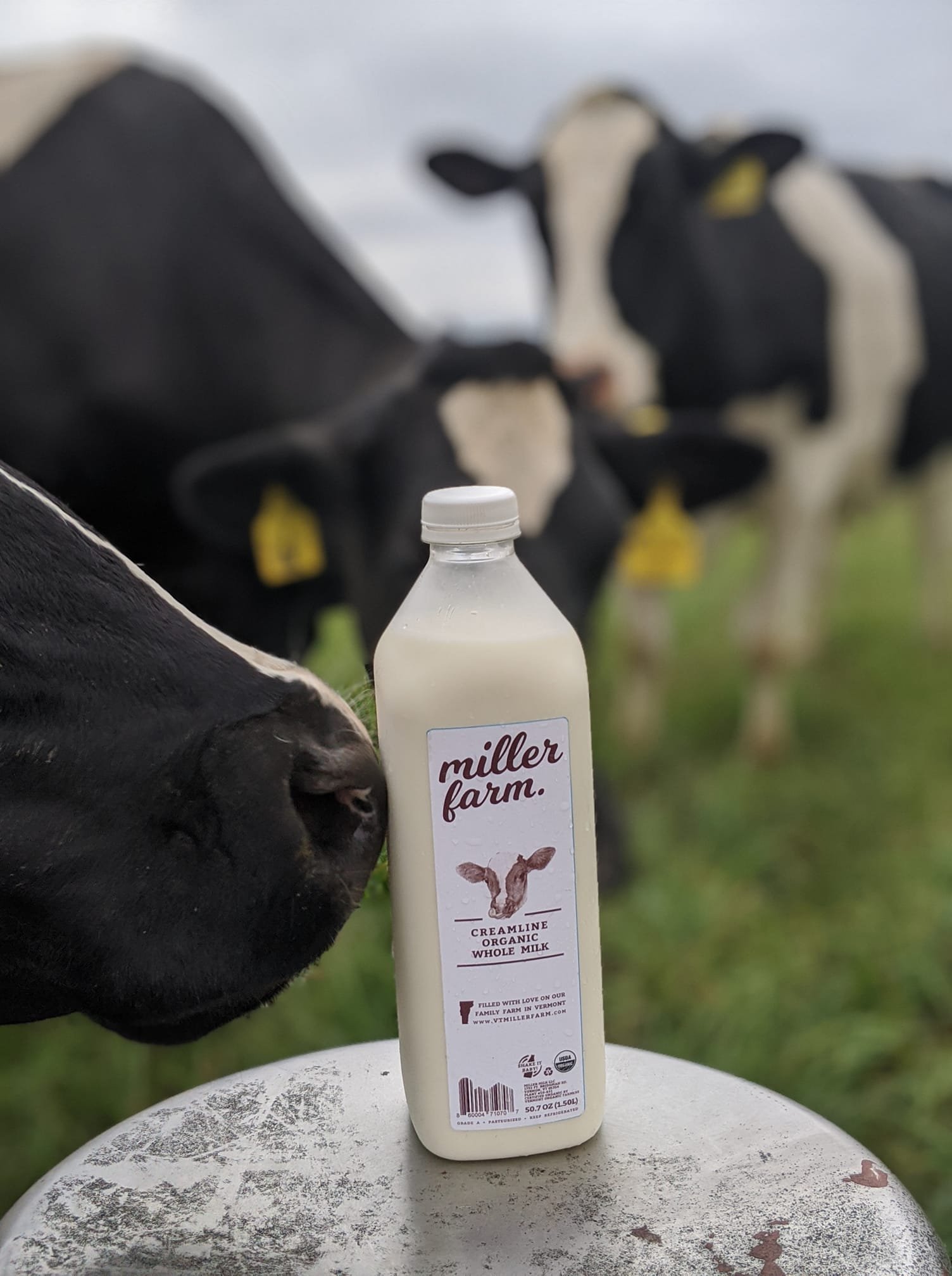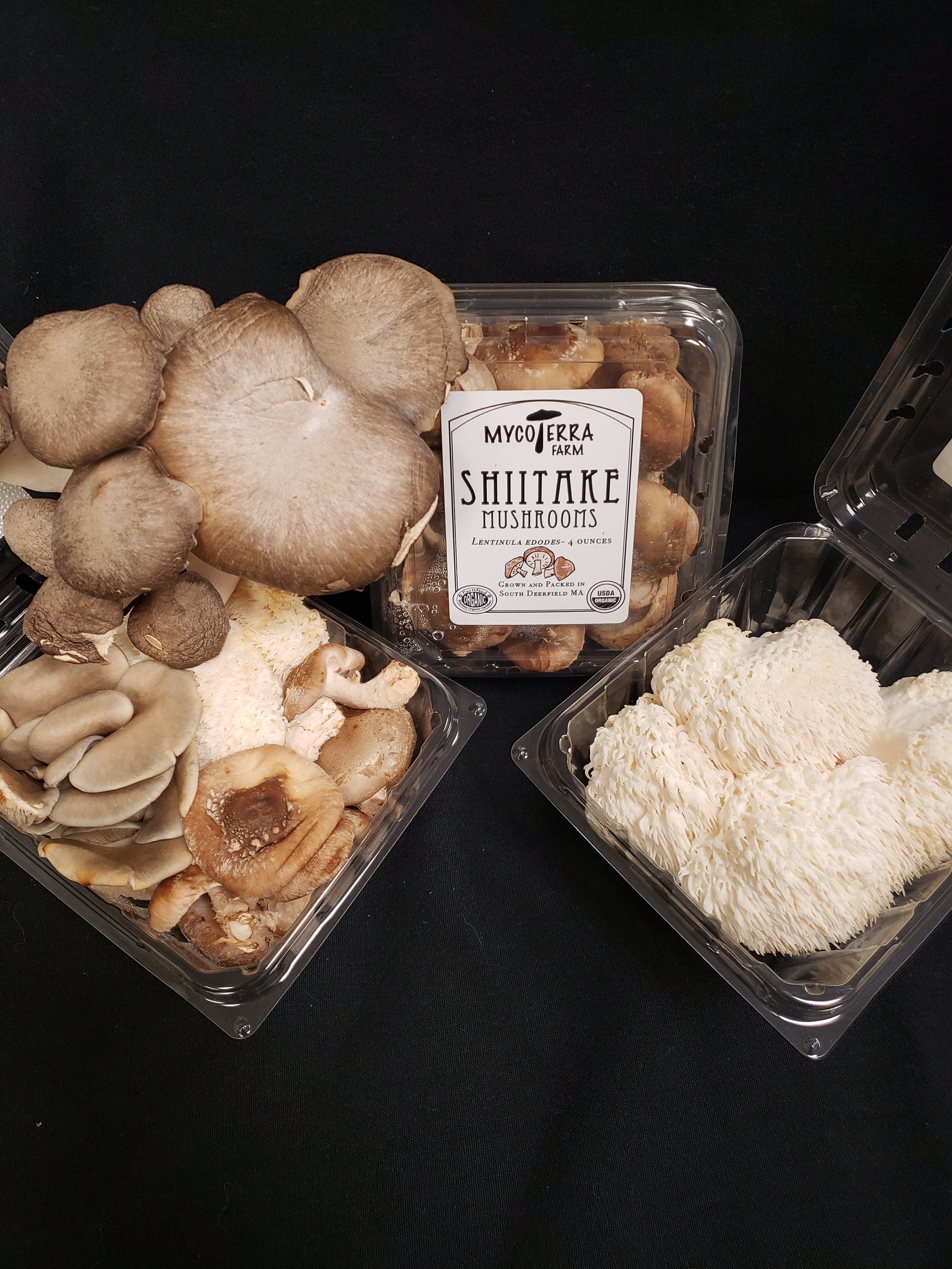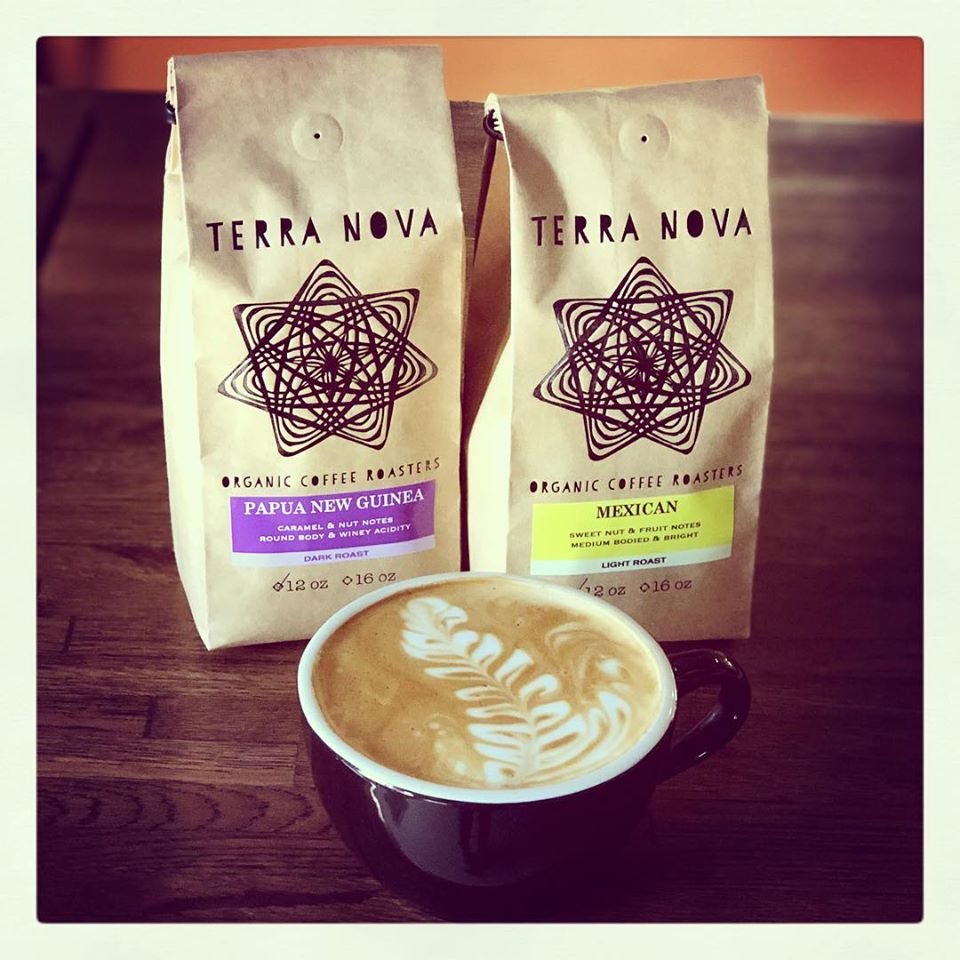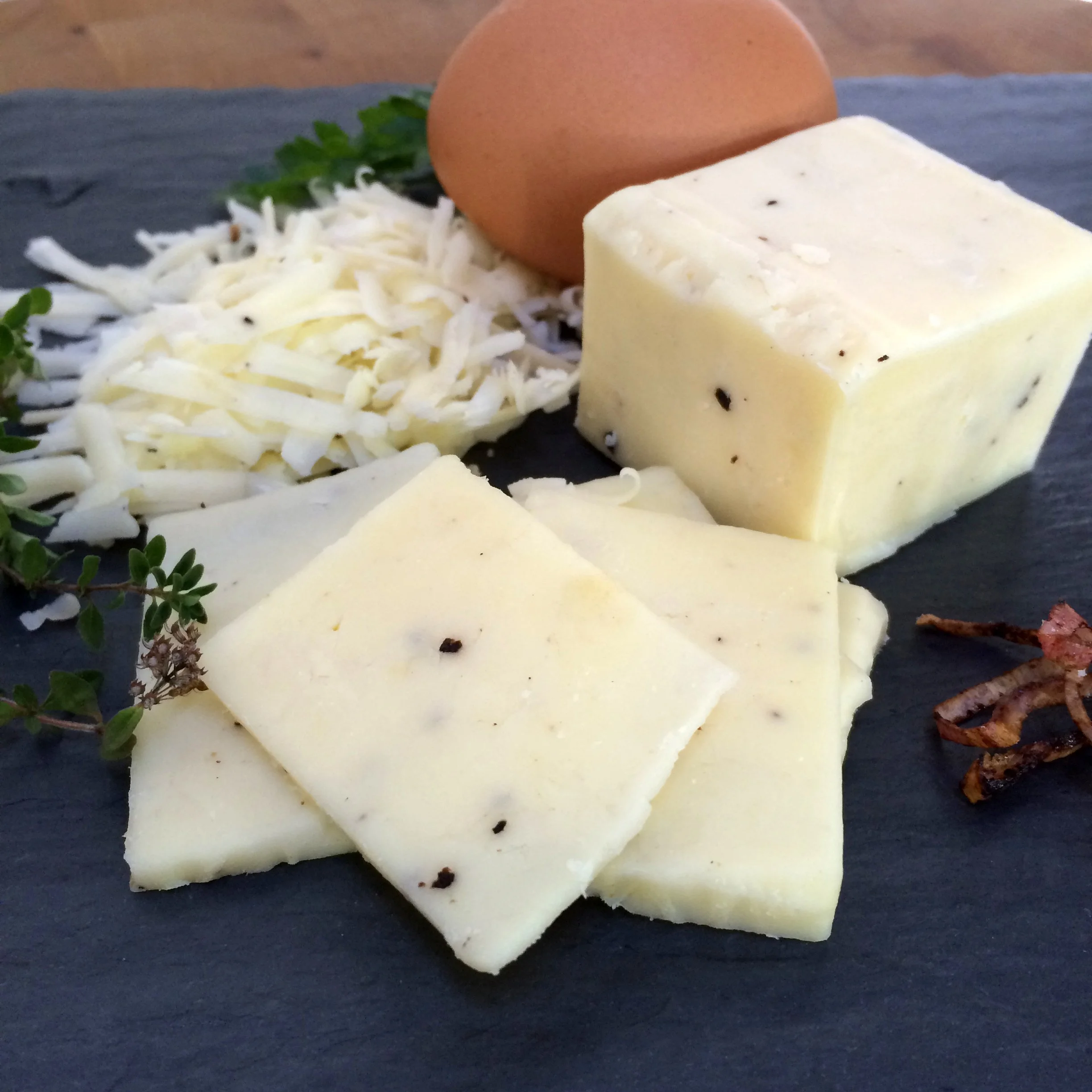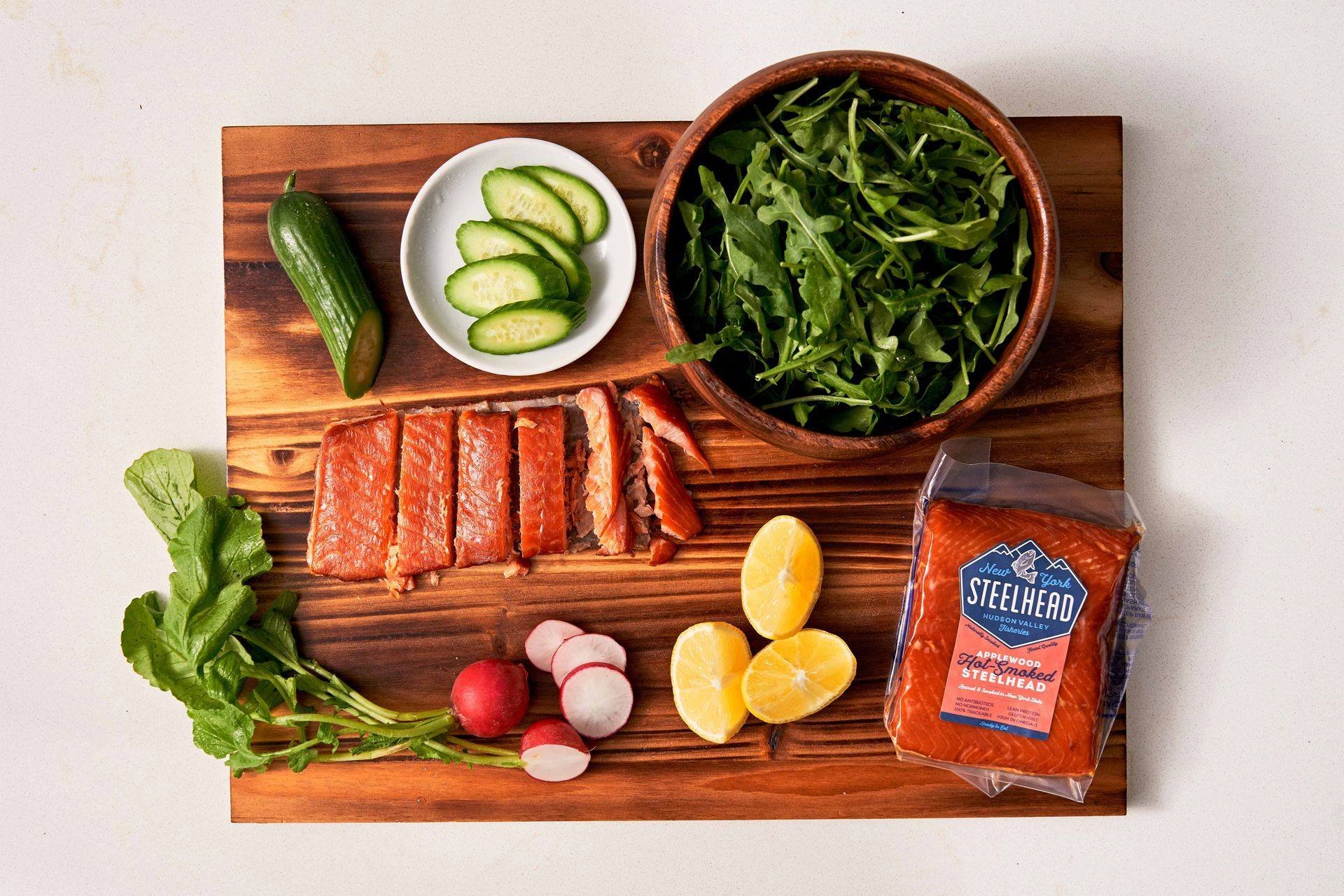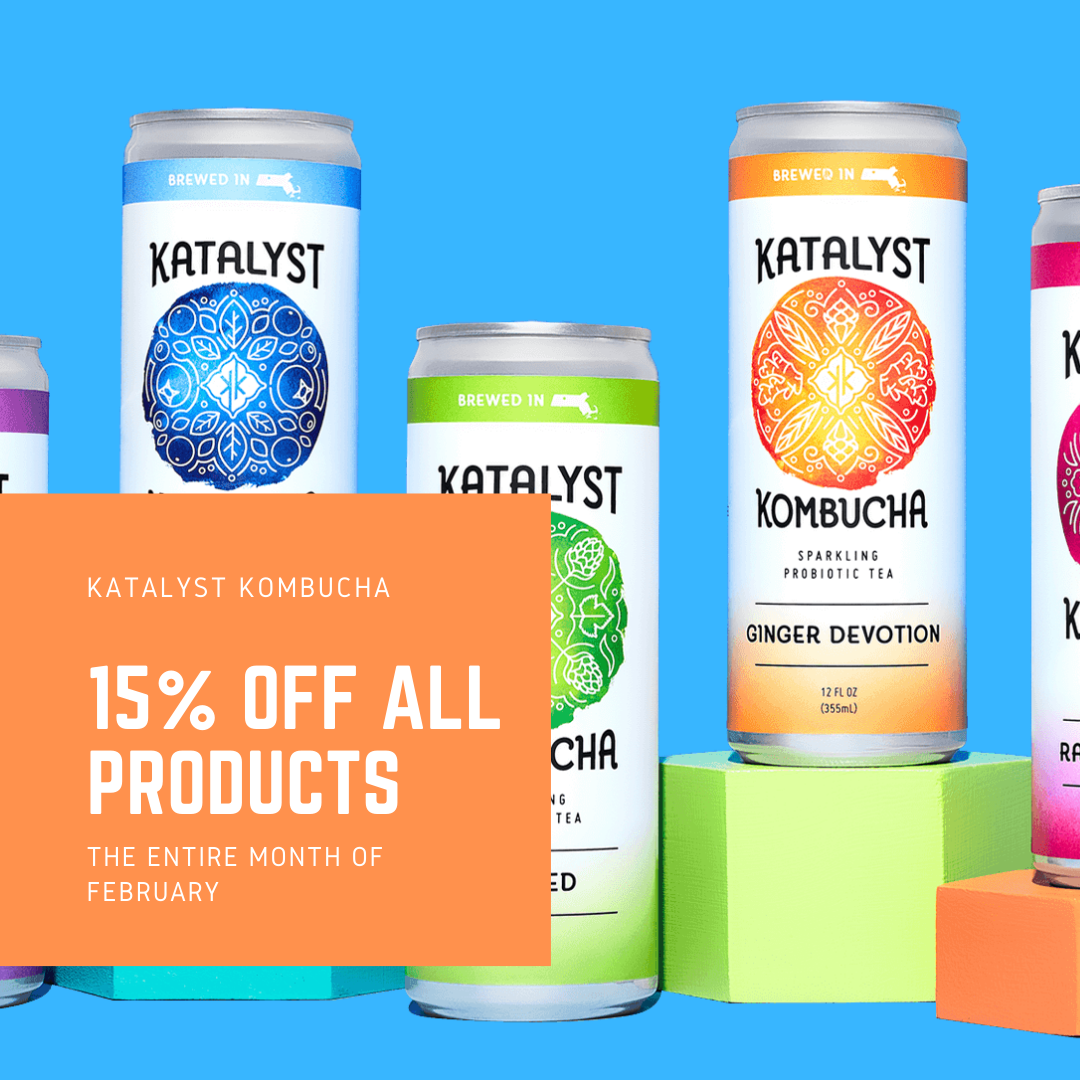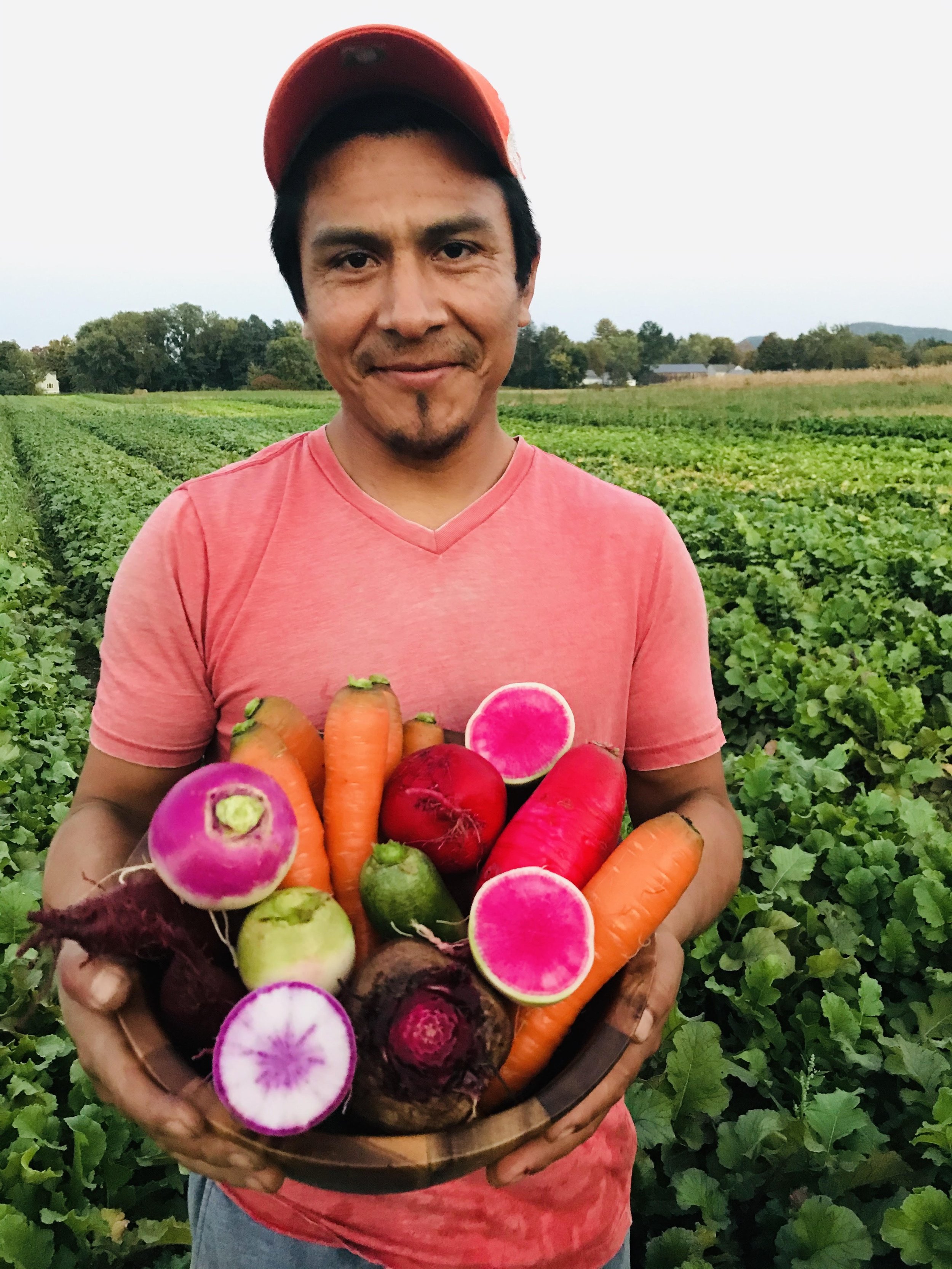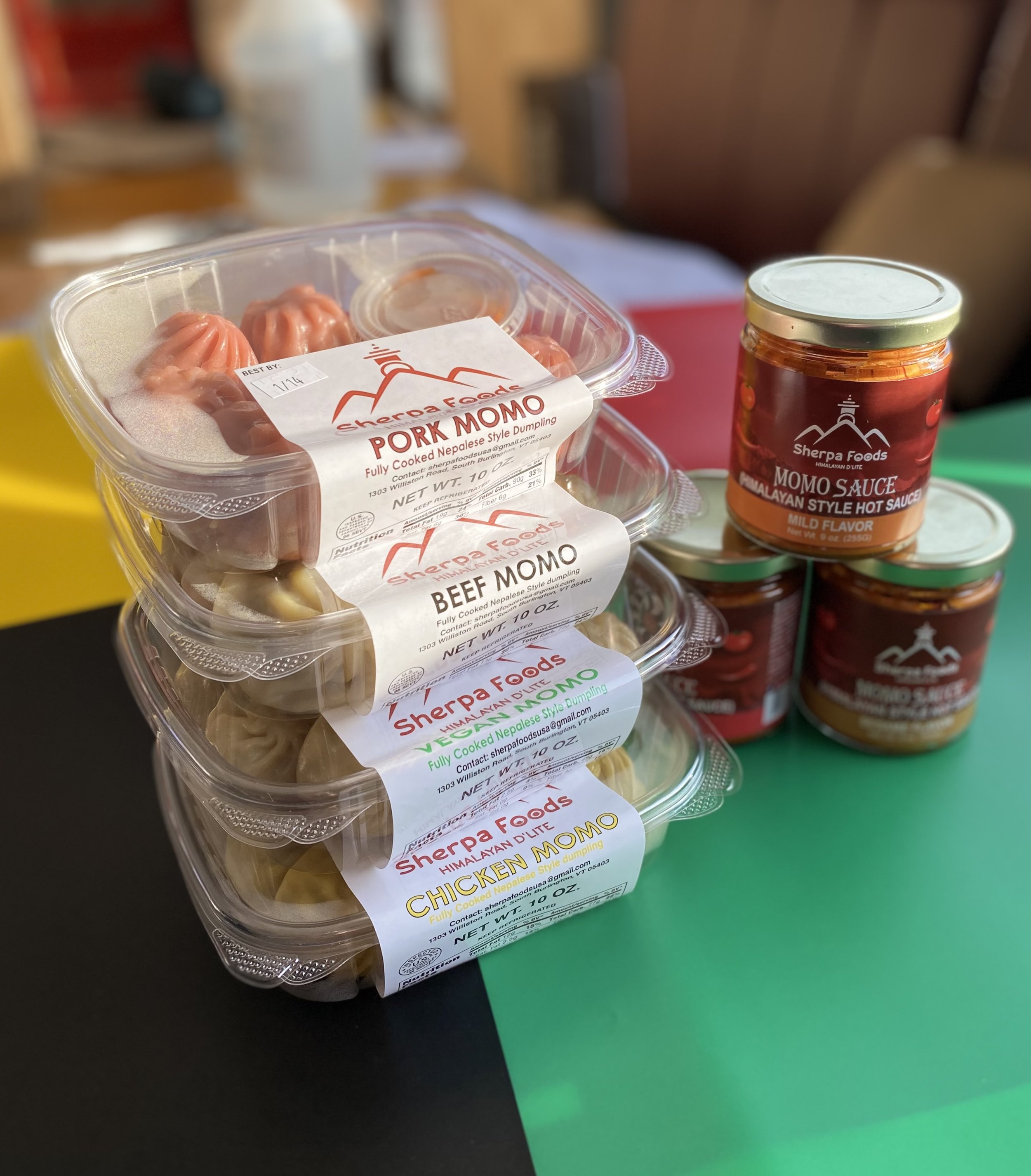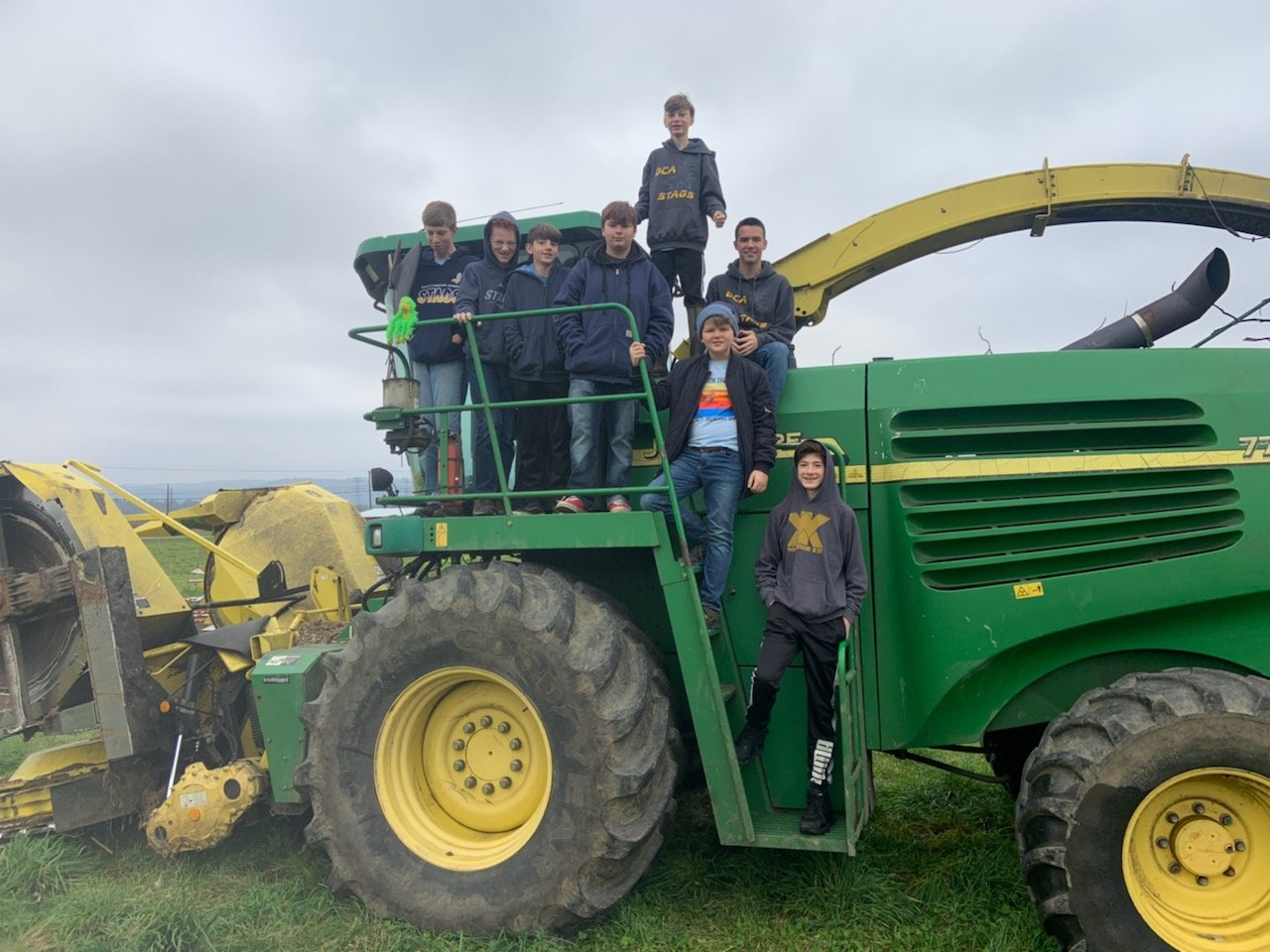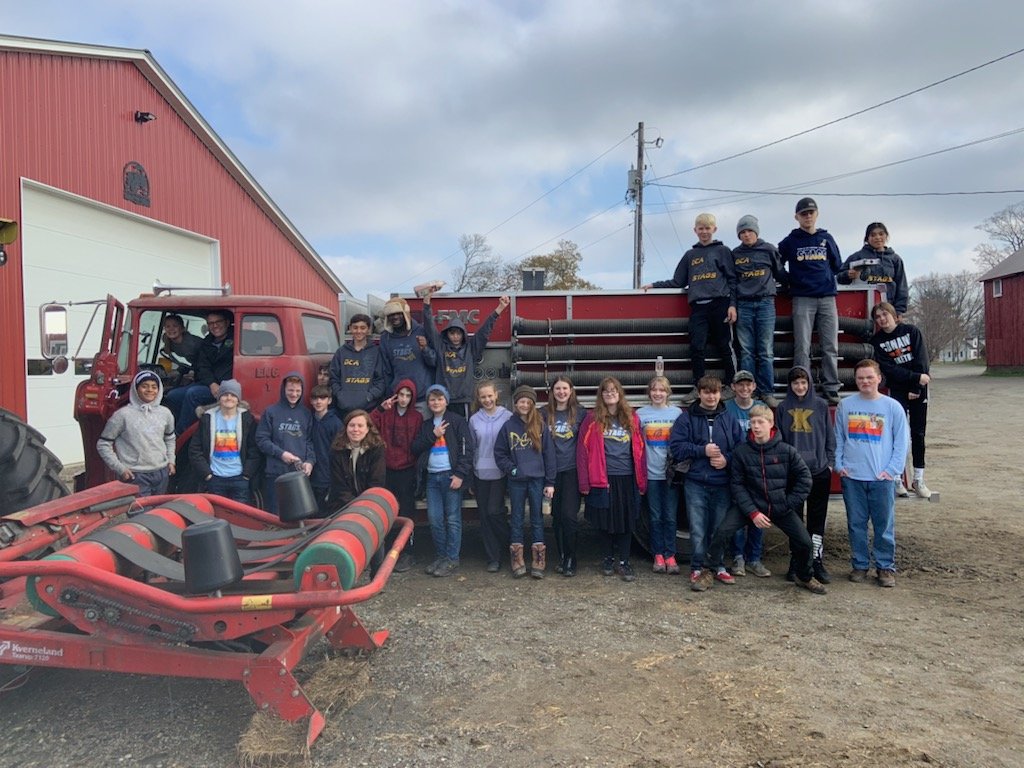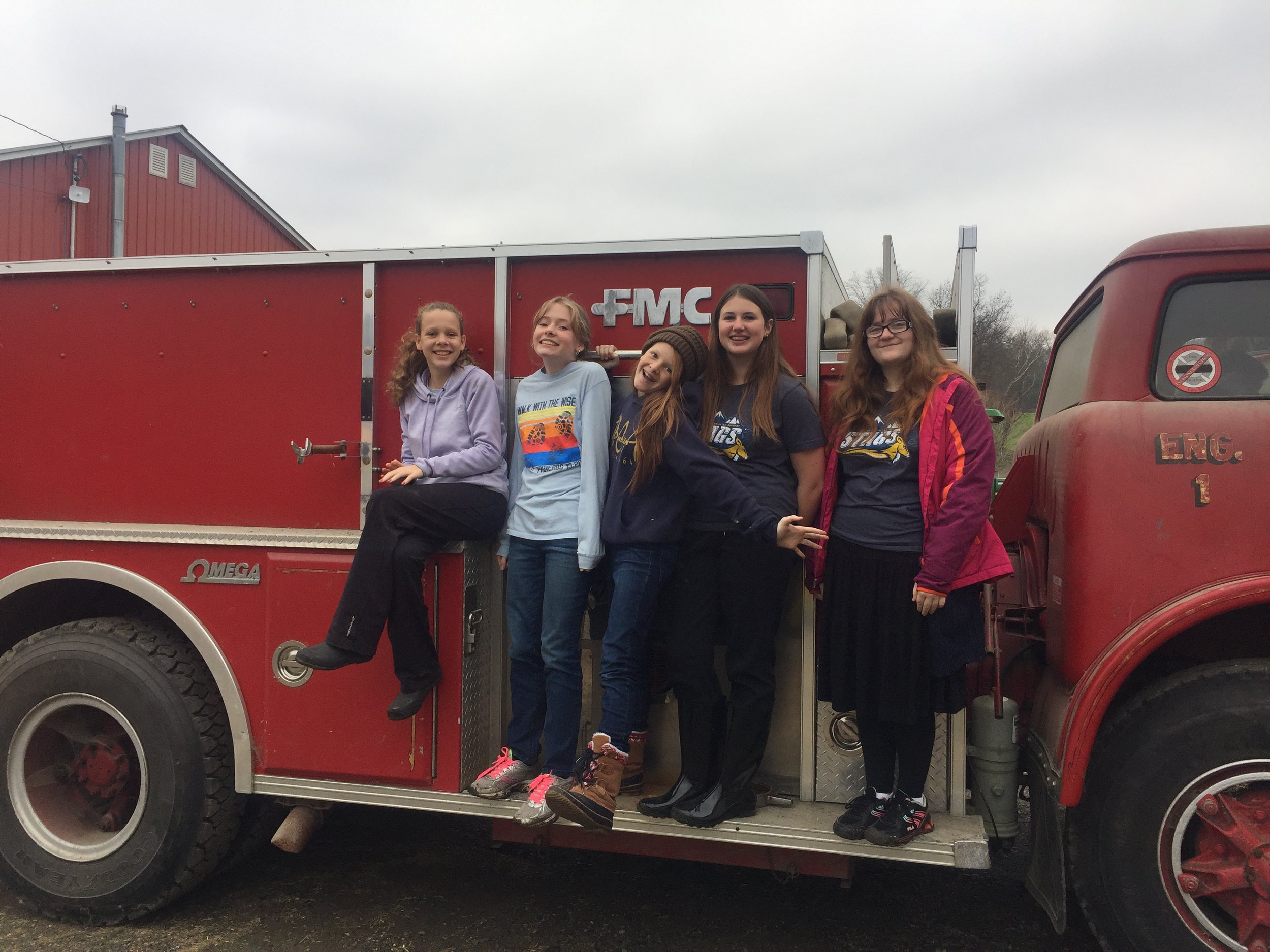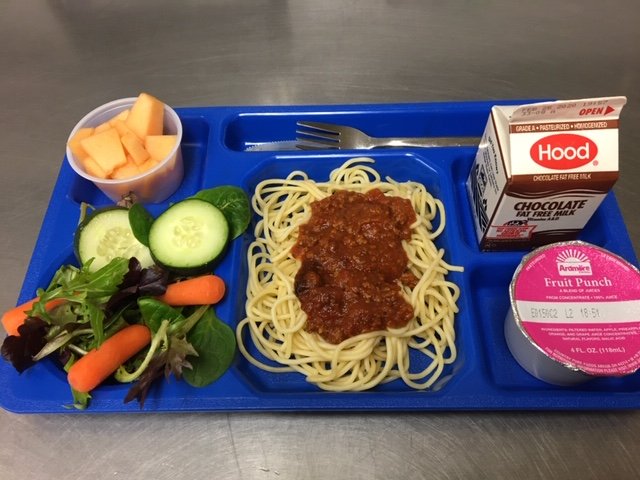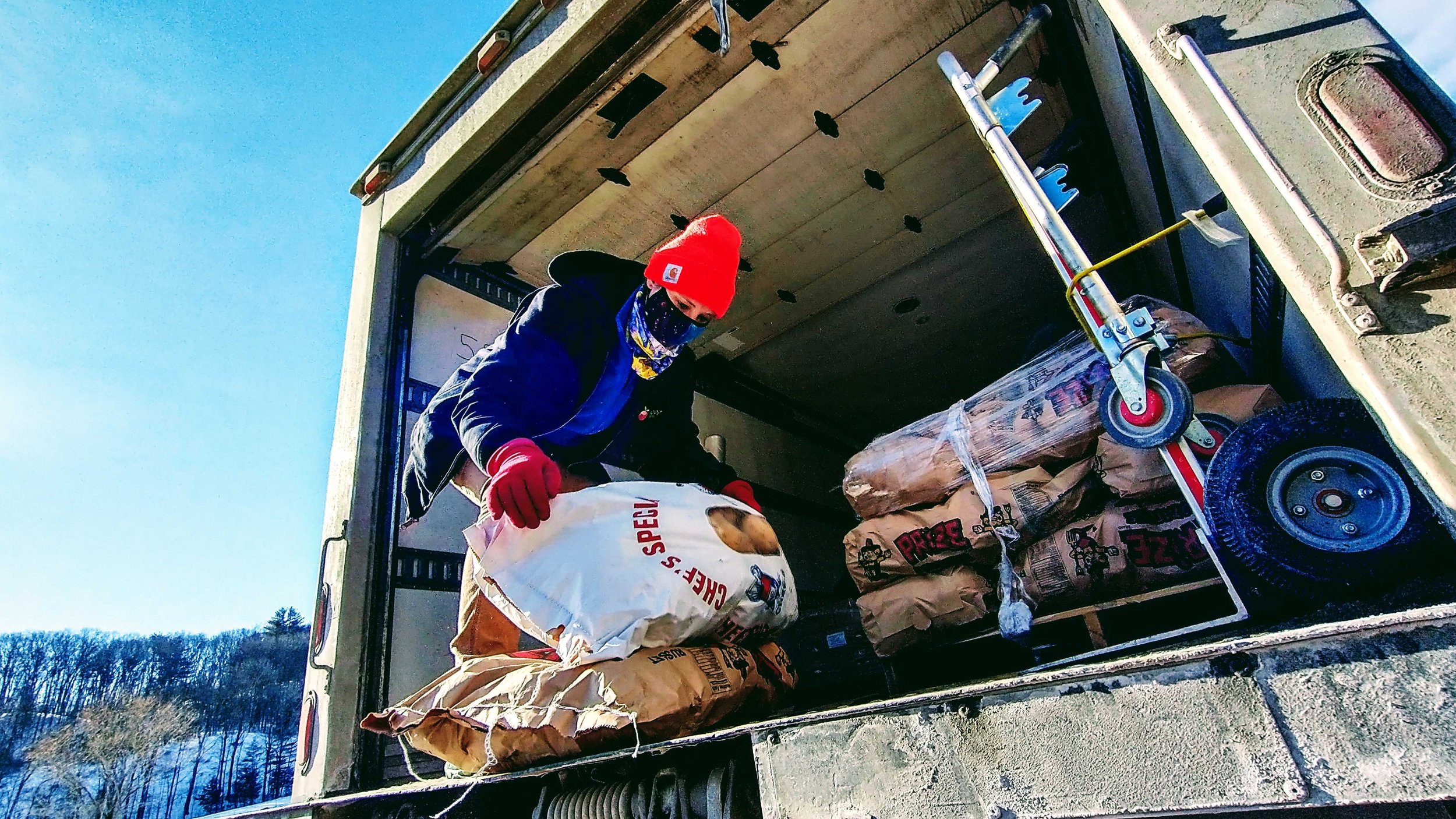Frisky Cow Gelato has been certified as a B Corporation joining 12 other NH B Corp businesses, committed to the highest standards of social and environmental responsibility.
Keene-based gelato producer, Frisky Cow Gelato has announced today its certification as a B Corporation (or B Corp), joining a growing group of companies reinventing business by pursuing purpose as well as profit.
Frisky Cow Gelato has been certified by B Lab, the not-for-profit behind the B Corp movement, as having met the highest social and environmental standards which represent its commitment to goals outside of shareholder profit. To receive this certification, Frisky Cow Gelato underwent a rigorous assessment that measures and verifies the entirety of a business's operations and covers five key impact areas of Governance, Customers, Community, Environment, and Workers.
“We wanted to focus on more than just the bottom line with Frisky Cow Gelato, which is why we incorporated as a NH Benefit Corporation in 2018,” says owner, Linda Rubin. “This means we were legally committed right from the start to doing environmental and social good.”
According to Ms. Rubin, the B Corp certification process took nearly two years requiring the business to reach a benchmark score of over 80 while providing evidence of socially and environmentally responsible practices relating to energy, supplies, waste and water use, worker compensation, diversity, and corporate transparency. In addition, every company must legally embed their commitment to a purpose beyond profit in their company articles which Frisky Cow Gelato did when it incorporated in 2018.
Frisky Cow Gelato is now part of a community of 4,600 businesses globally (13 in New Hampshire) who have been certified as B Corps. The B Corp community in the US, representing a broad cross-section of industries and sizes, comprises over 900 companies and includes well-known brands such as Ben & Jerry’s Homemade, Inc., Cabot Creamery, King Arthur Baking Co., Tom’s of Maine, and Pete & Gerry’s Organics. In New Hampshire, Frisky Cow Gelato joins well-known local corporations including Badger and Mascoma Bank.
Frisky Cow Gelato has a history of social responsibility. Since its inception the company has donated a portion of its revenue to nonprofit organizations building the local food system including Food Connects, the Monadnock Farm and Community Coalition and the Cheshire County Conservation District. In 2021, the company launched a Keene State College signature flavor – Mint Owl Crunch – and donates a portion of the sale of every pint to address food insecurity among KSC students.
“As a NH Benefit Corporation sourcing ingredients, services, and other goods from local companies was extremely important to us, says Rubin. “Donating a portion of our revenue to area non-profits was also high on the list.”
Jorge Fontanez, CEO of B Lab US and Canada, says “We are delighted to welcome Frisky Cow Gelato to the B Corp community. This is a movement of companies who are committed to changing how the business operates and believe business really can be a force for good. We and the rest of the B Corp community are really pleased to support Frisky Cow Gelato in paving the way for a new way of doing things in the food sector”.
“When businesses are intentional about meeting social and environmental standards—and focus on more than just the bottom line—we can all affect change while making ourselves more competitive along the way,” says Ms. Rubin. “That’s what the B Corp movement is all about, using business as a force for good.”
About Frisky Cow Gelato Founded in 2018, Frisky Cow Gelato specializes in creating premium artisan gelatos that are dastardly delicious. Their products are sold in more than 50 retail stores in NH, VT, and MA. They also operate a gelato scoop shop in Keene and provide a gelato bar for weddings, parties, and community events. Frisky Cow Gelato creates all its gelatos from scratch at its licensed NH dairy processing facility on Krif Rd in Keene.
Frisky Cow Gelato is a NH Benefit Corporation and certified B Corp and donates 2% of its annual revenue to local organizations working to build the local food system, fight food insecurity, and address environmental issues.
About B Corporations Certified B Corporations are leaders of a global movement of people using business as a force for good. They meet the highest standards of overall social and environmental performance, transparency, and accountability and aspire to use the power of business to solve social and environmental problems. There are more than 2,000 Certified B Corporations in over 130 industries and 50 countries with 1 unifying goal – to redefine success in business.
About B Lab B Lab is a nonprofit organization that serves a global movement of people using business as a force for good. Its vision is that one day all companies compete not only to be the best in the world, but the Best for the World®, and as a result society will enjoy a more shared and durable prosperity. For more information, visit www.bcorporation.net and www.benefitcorp.net.




















